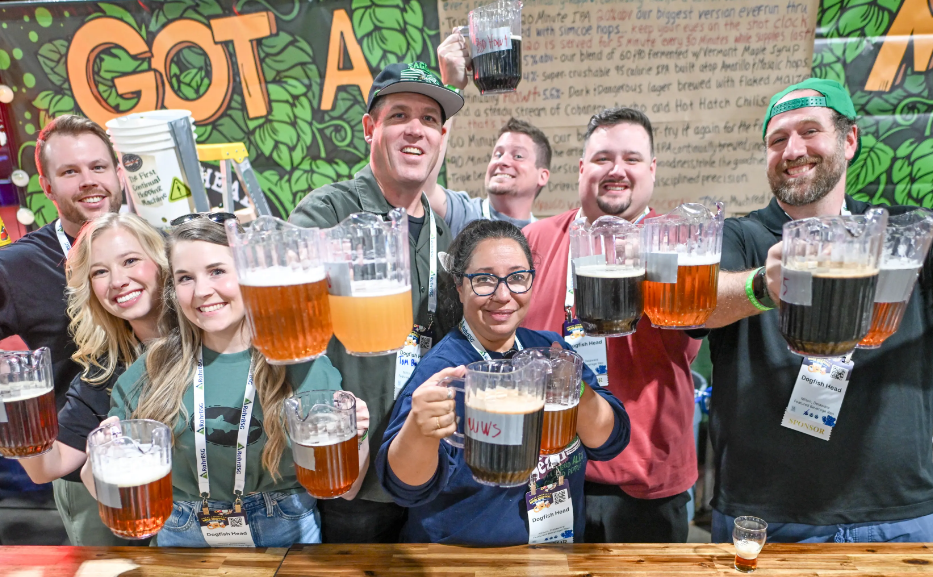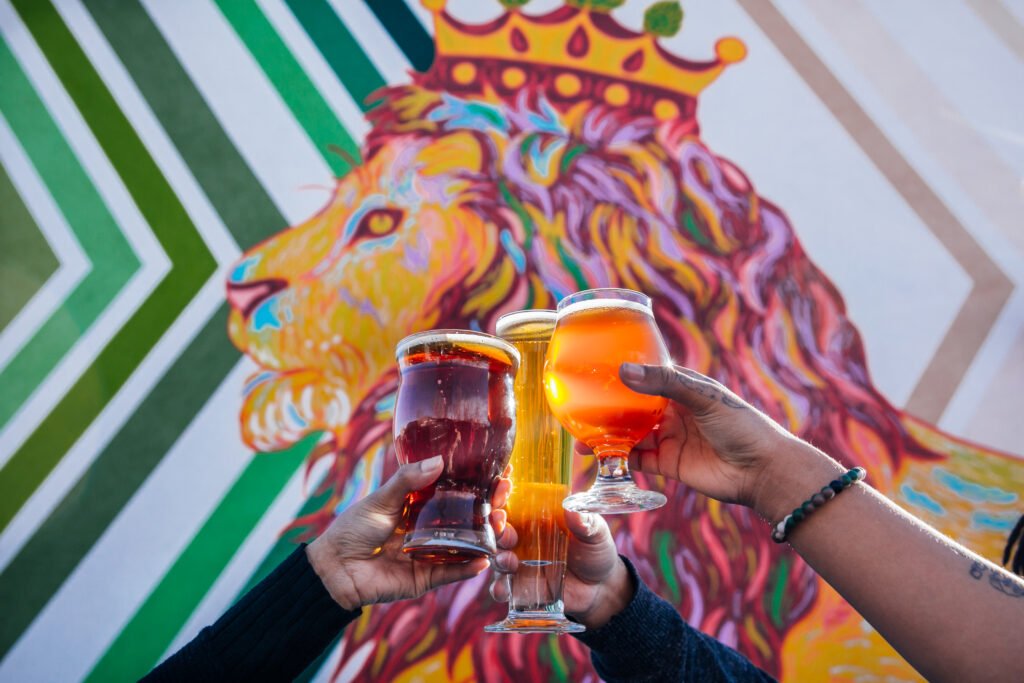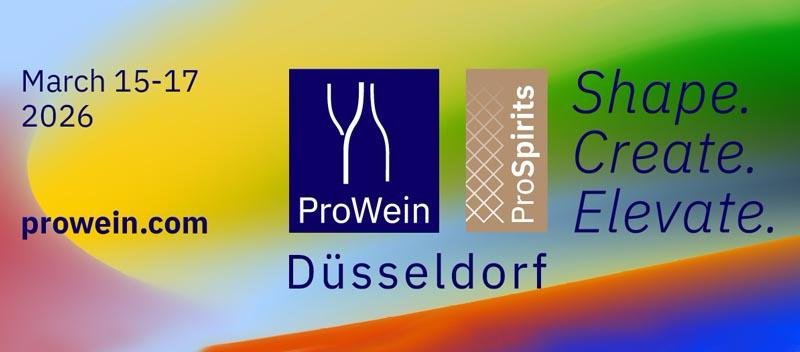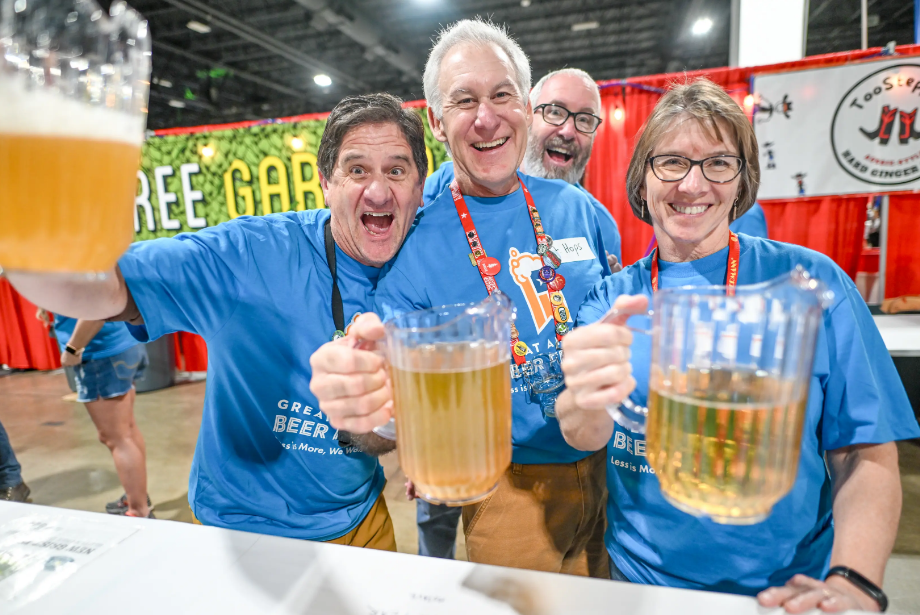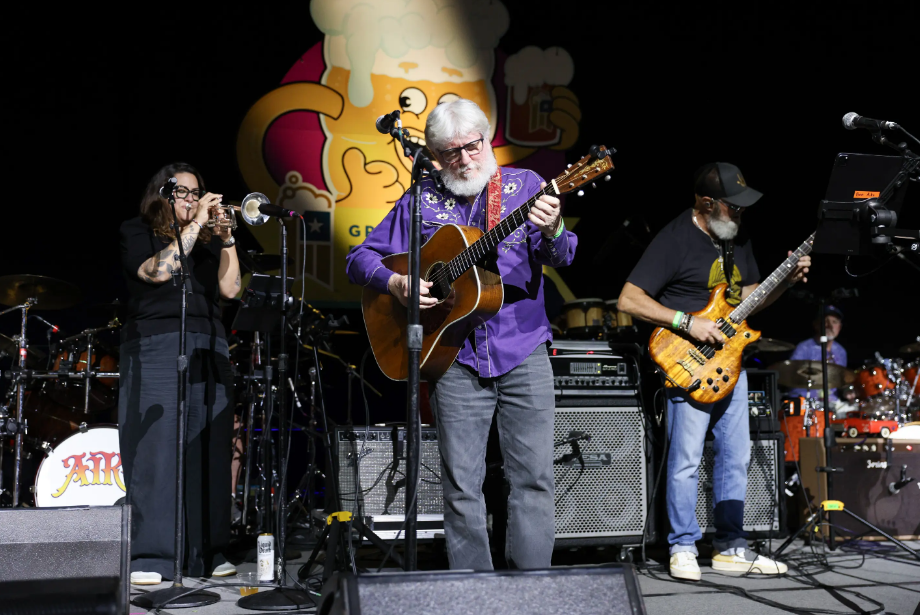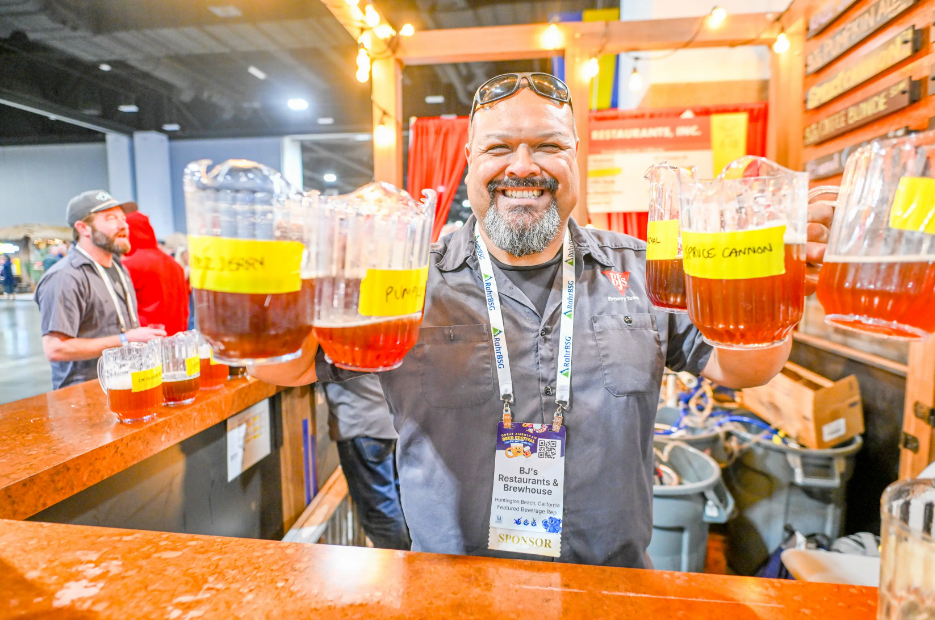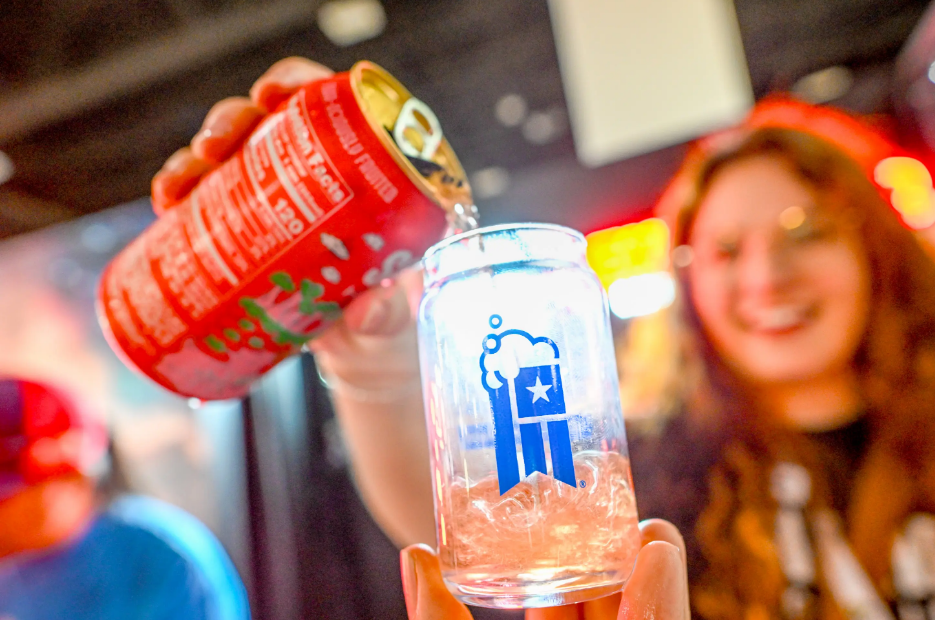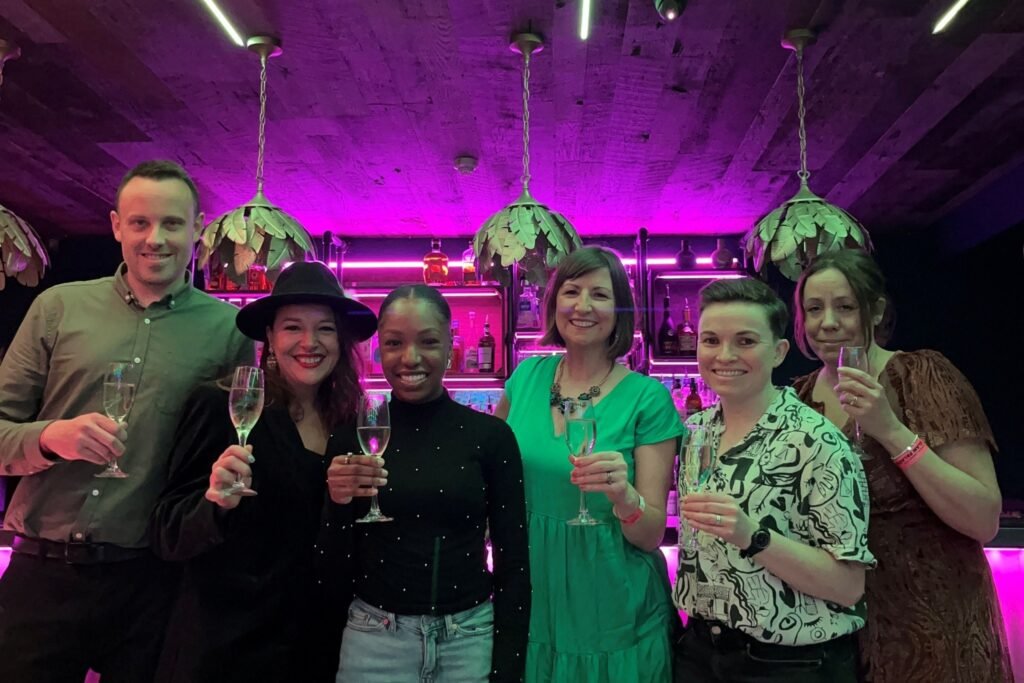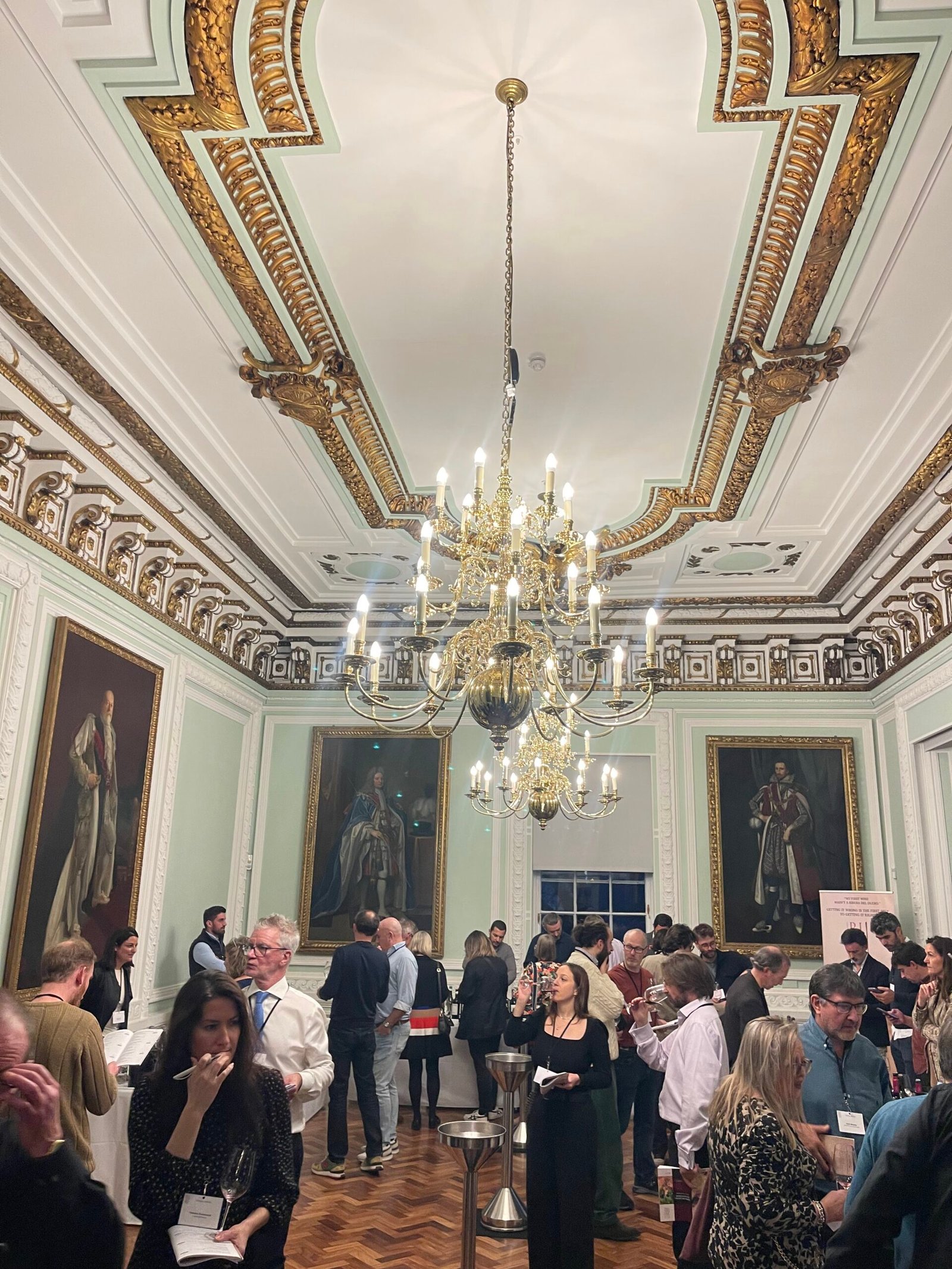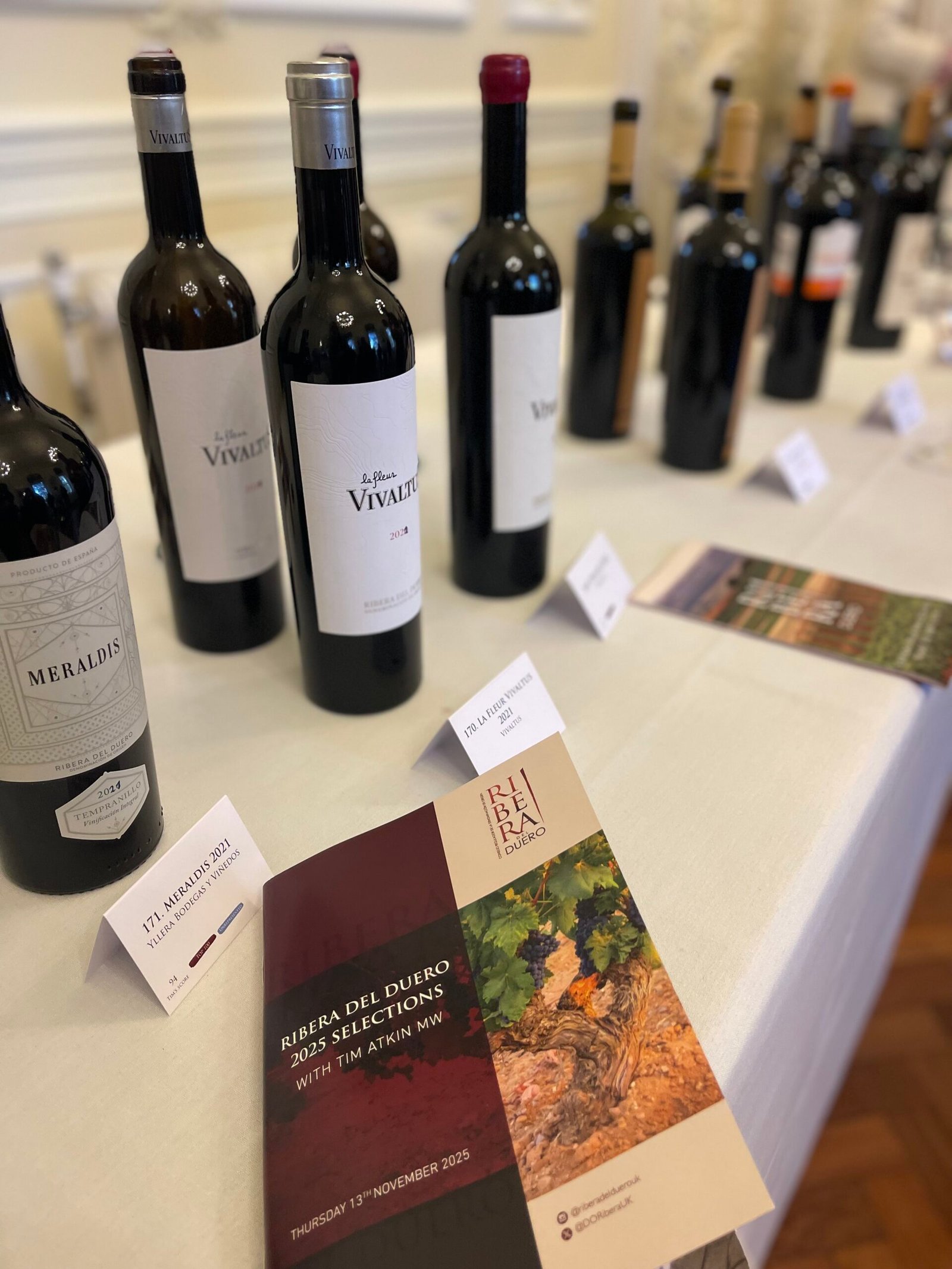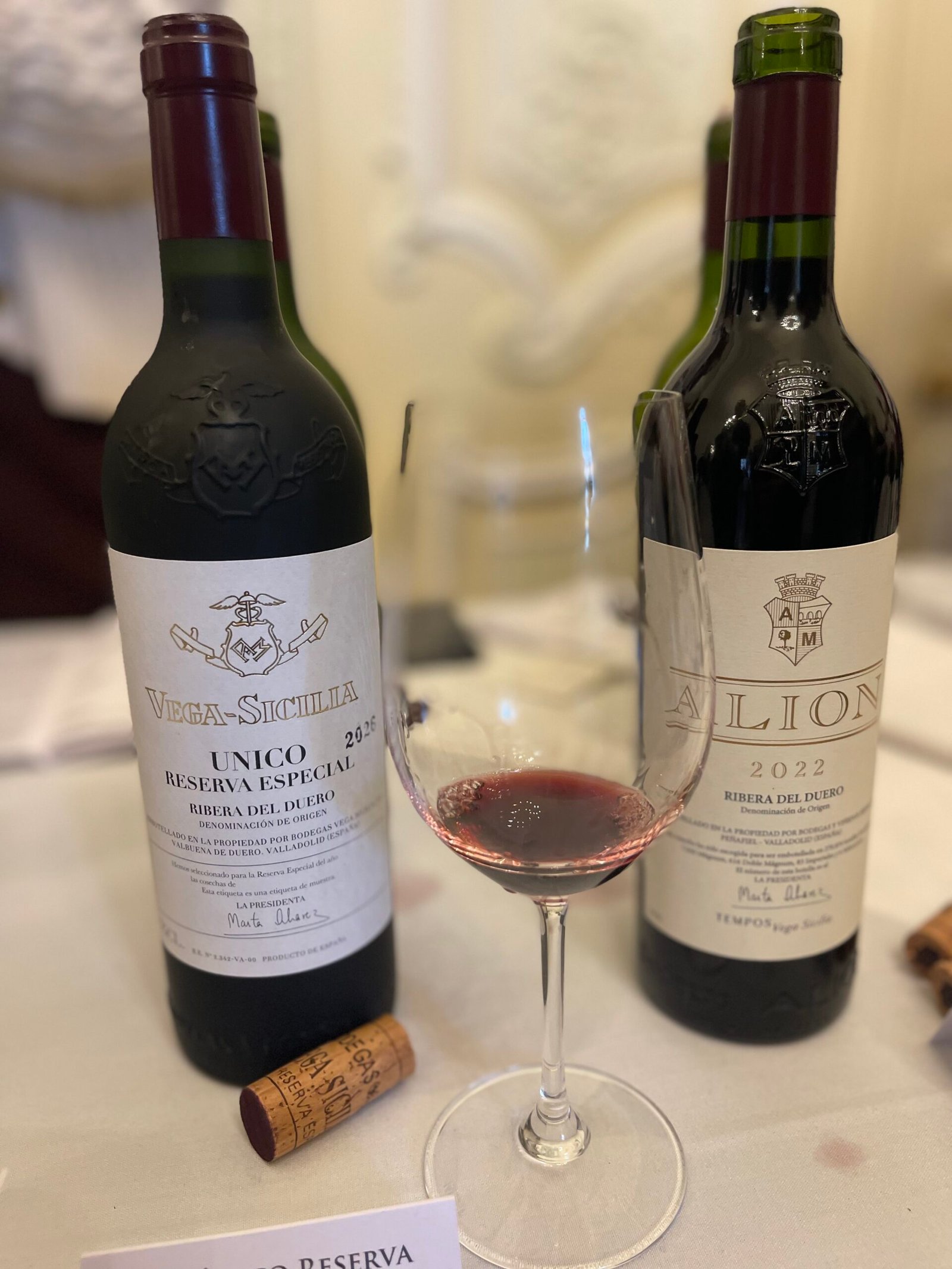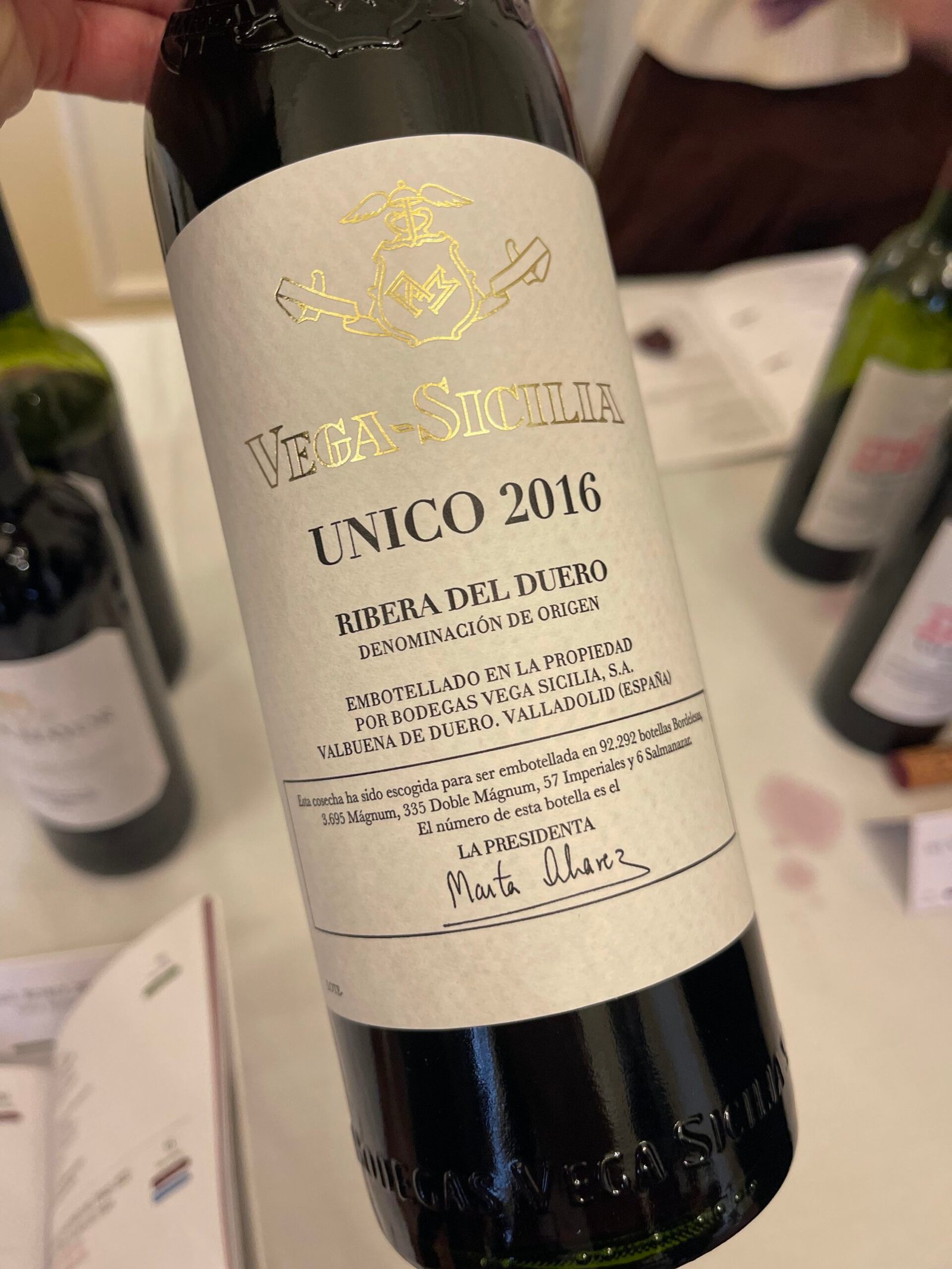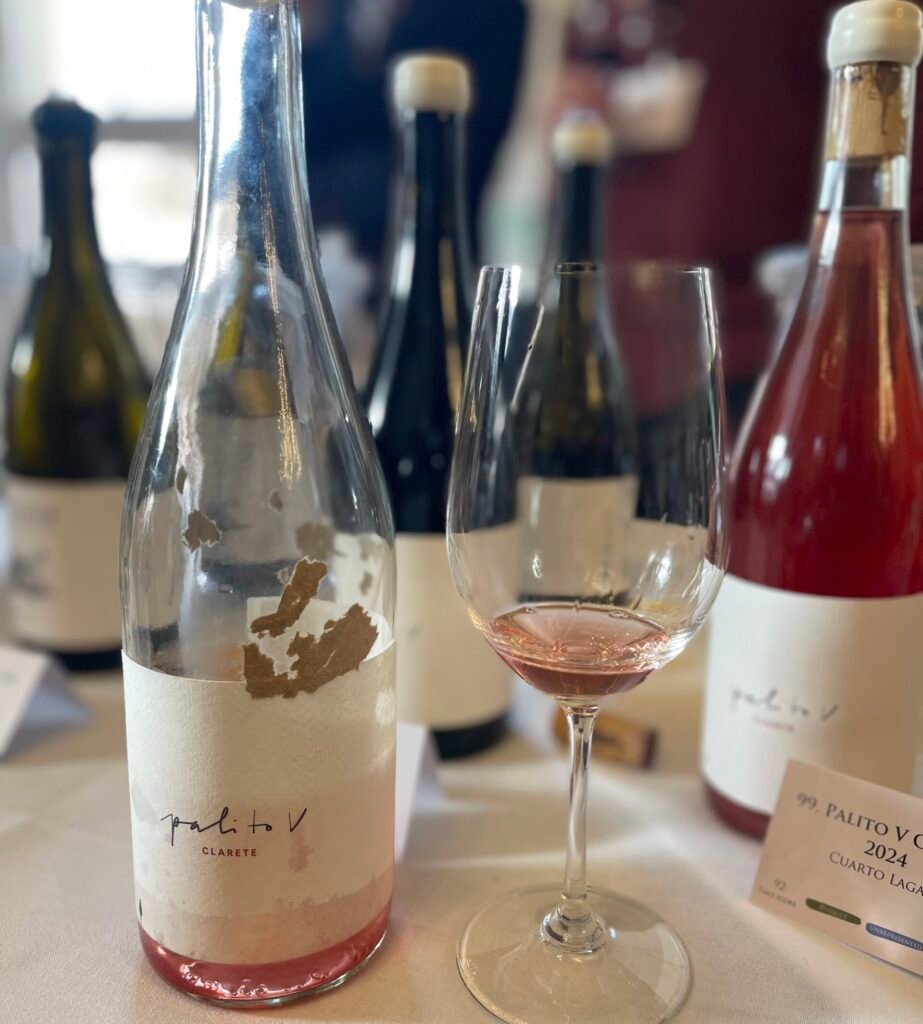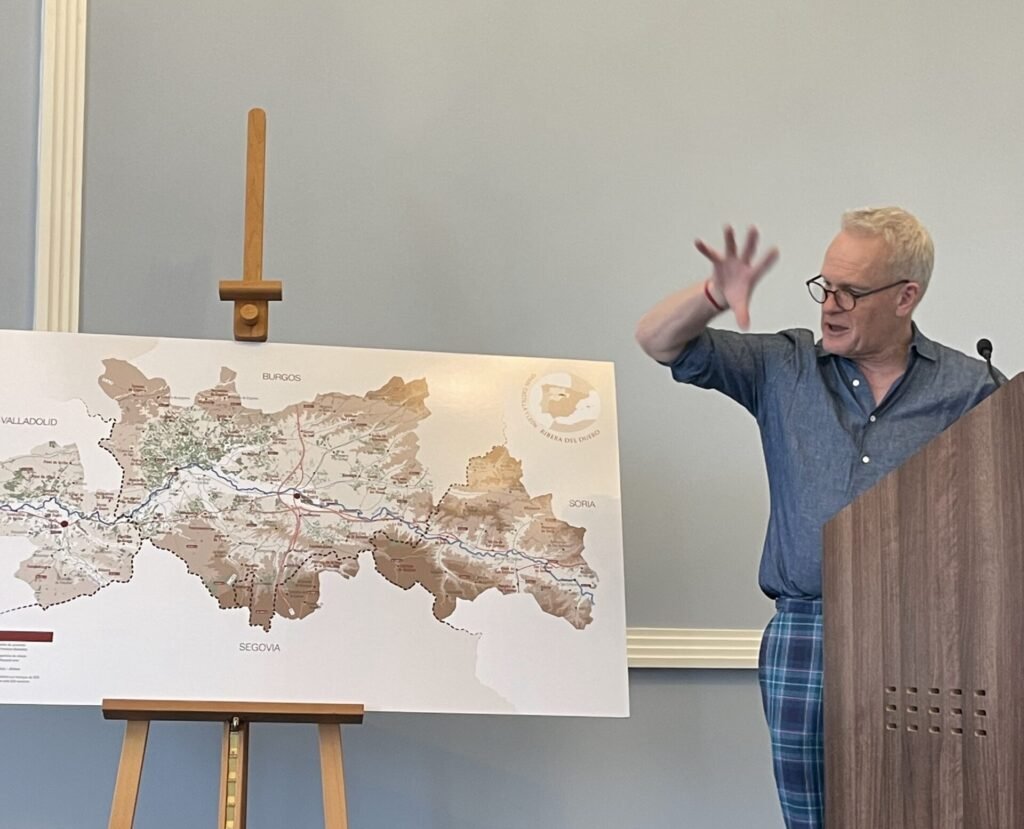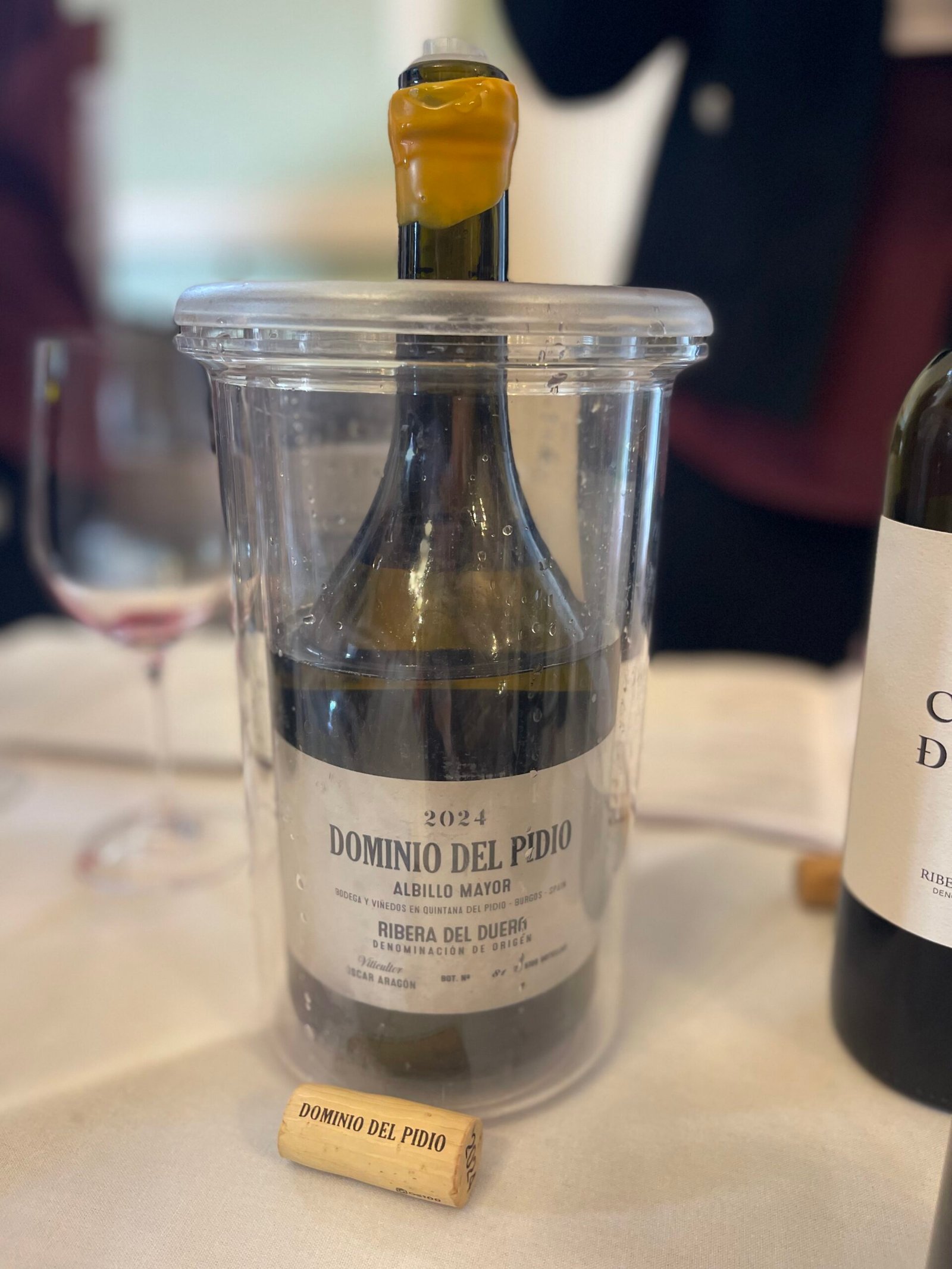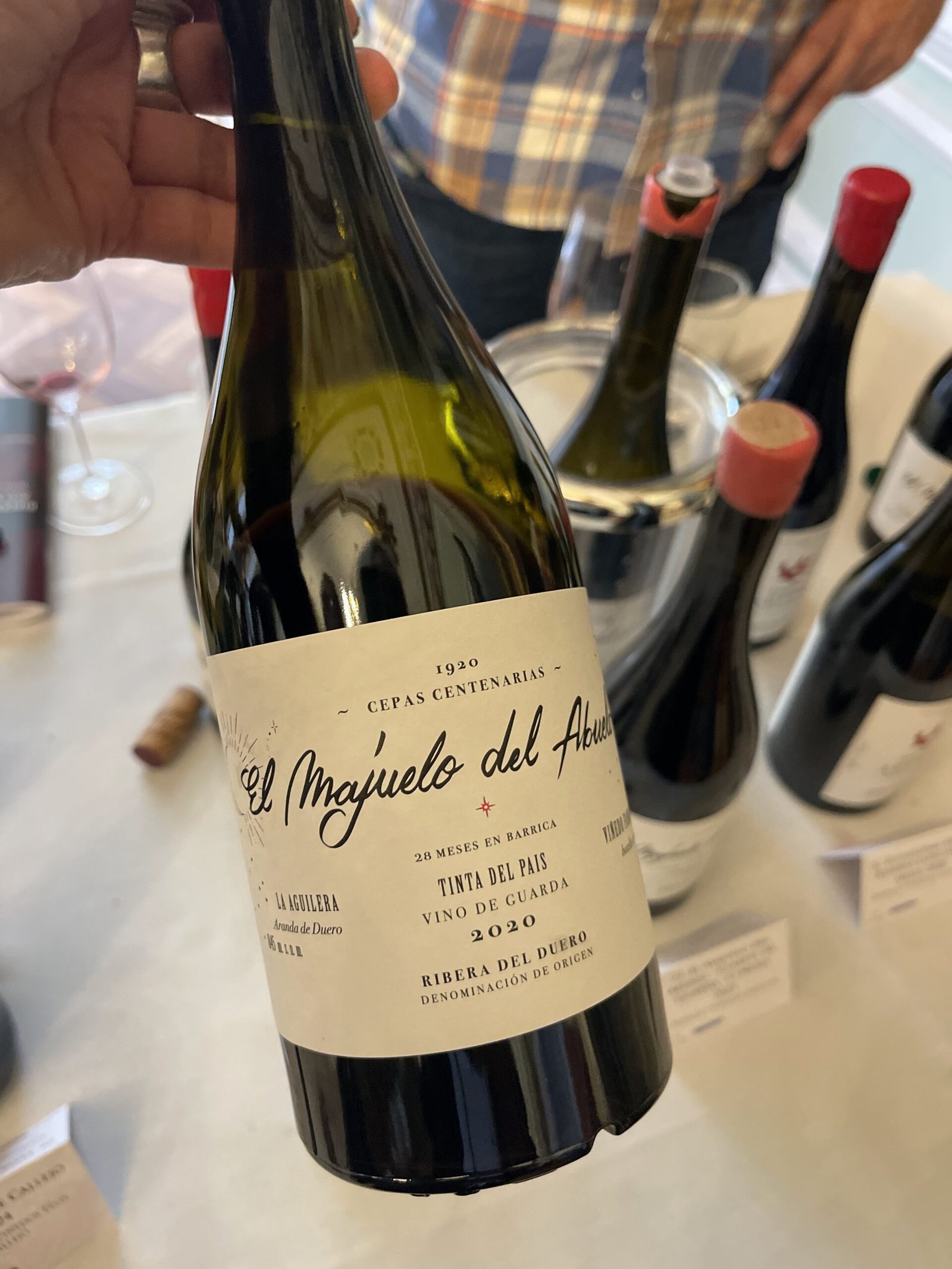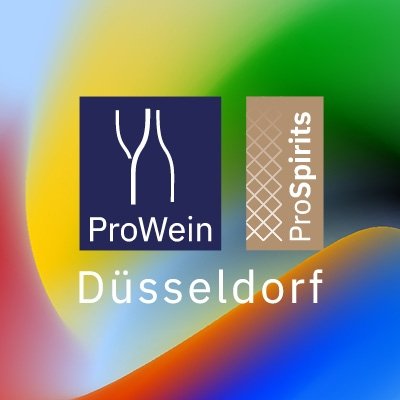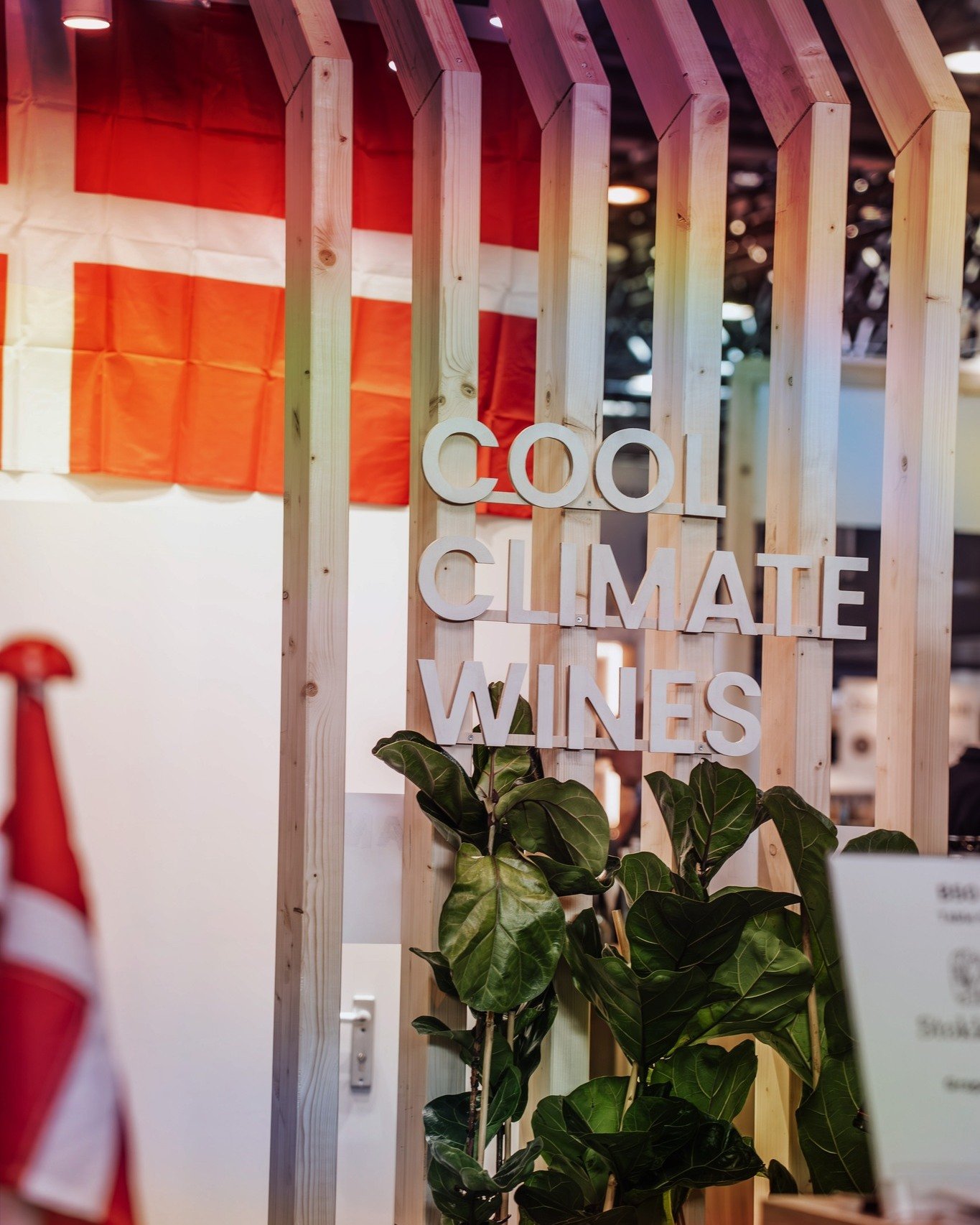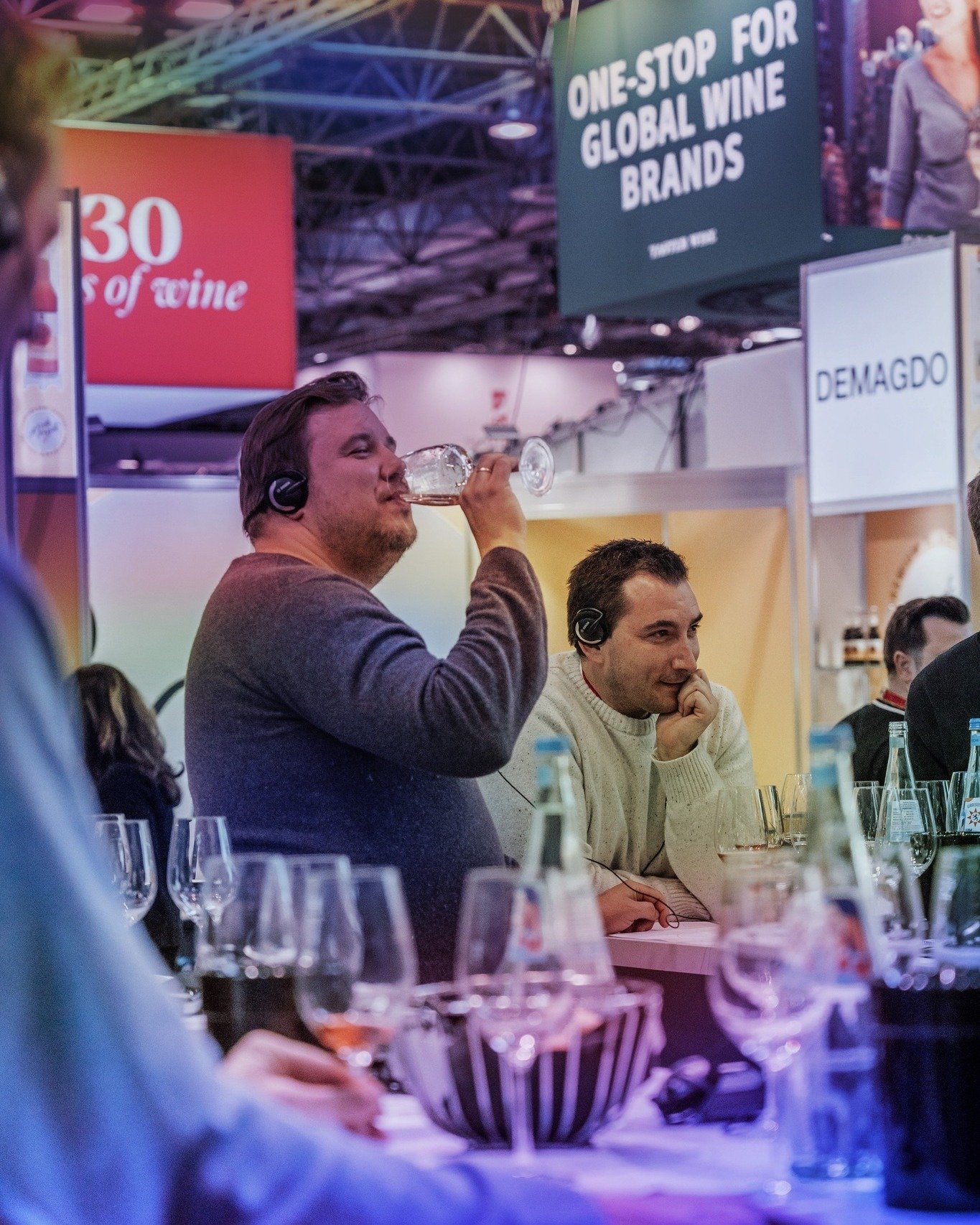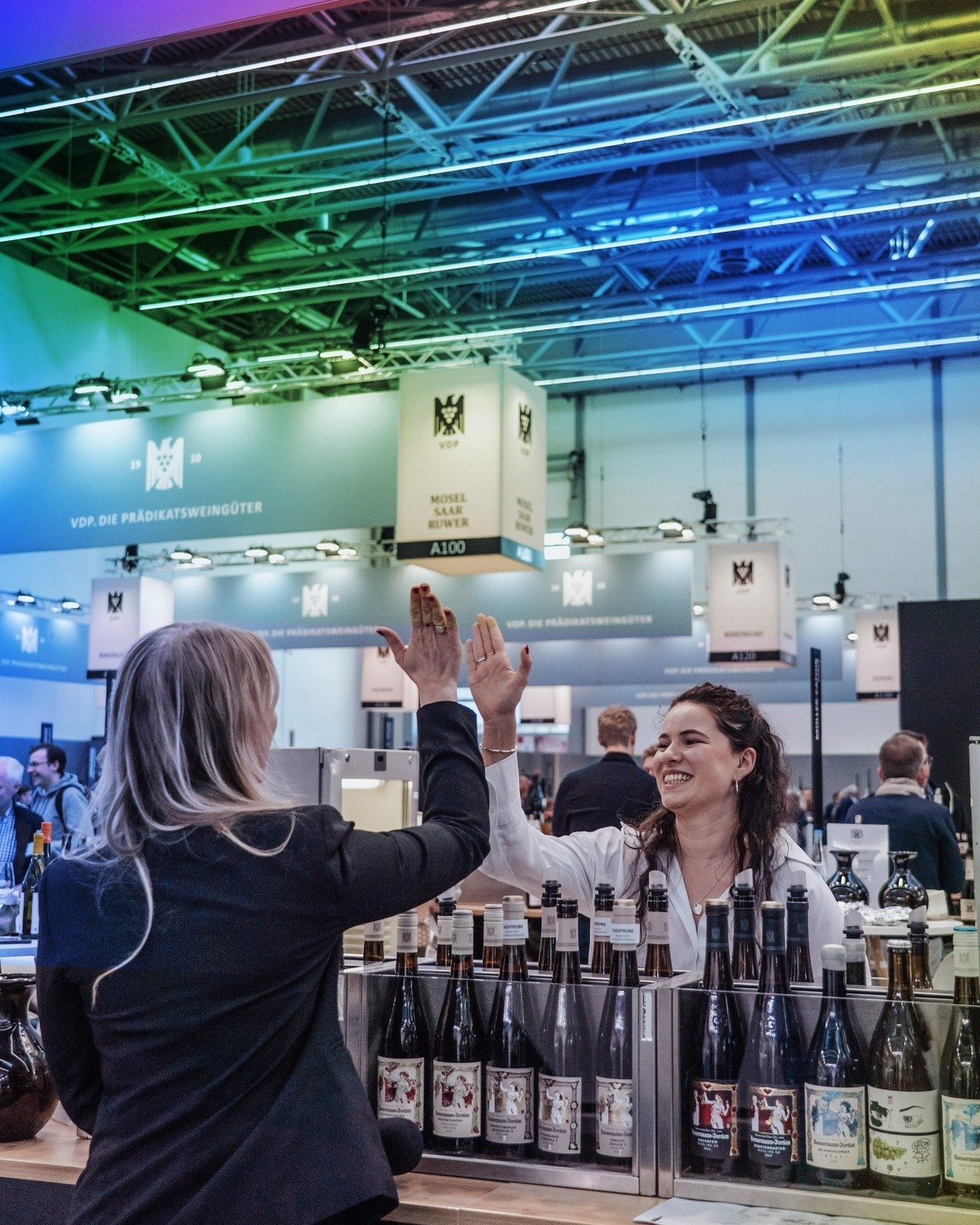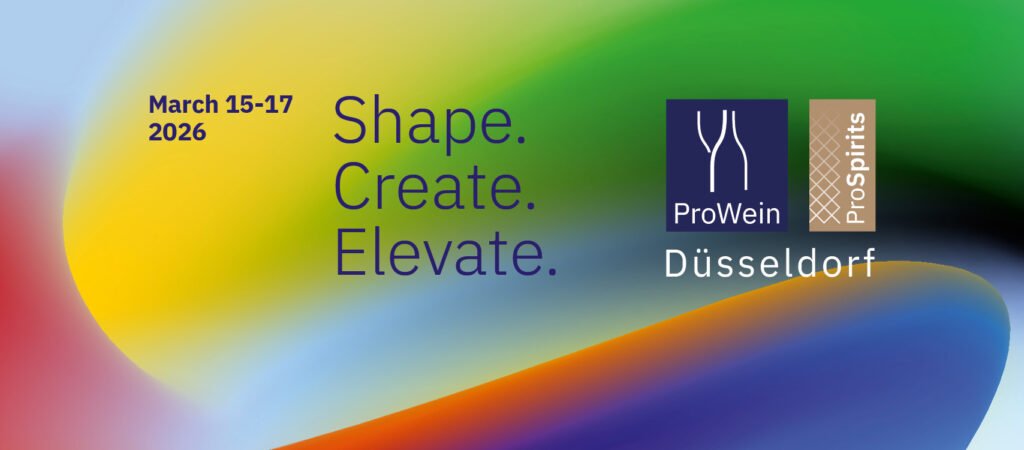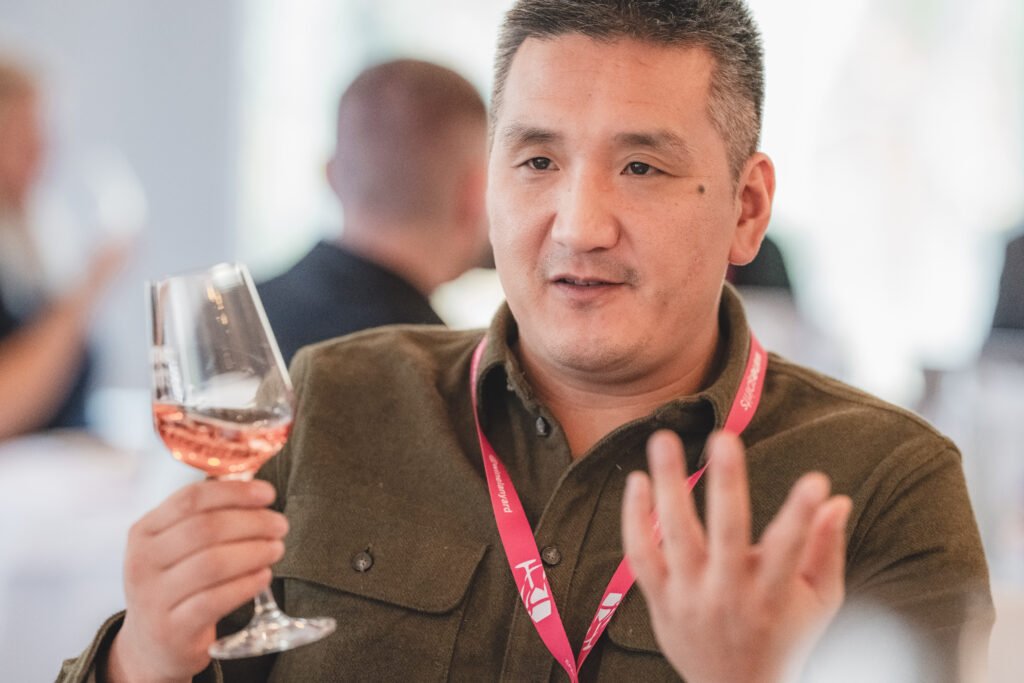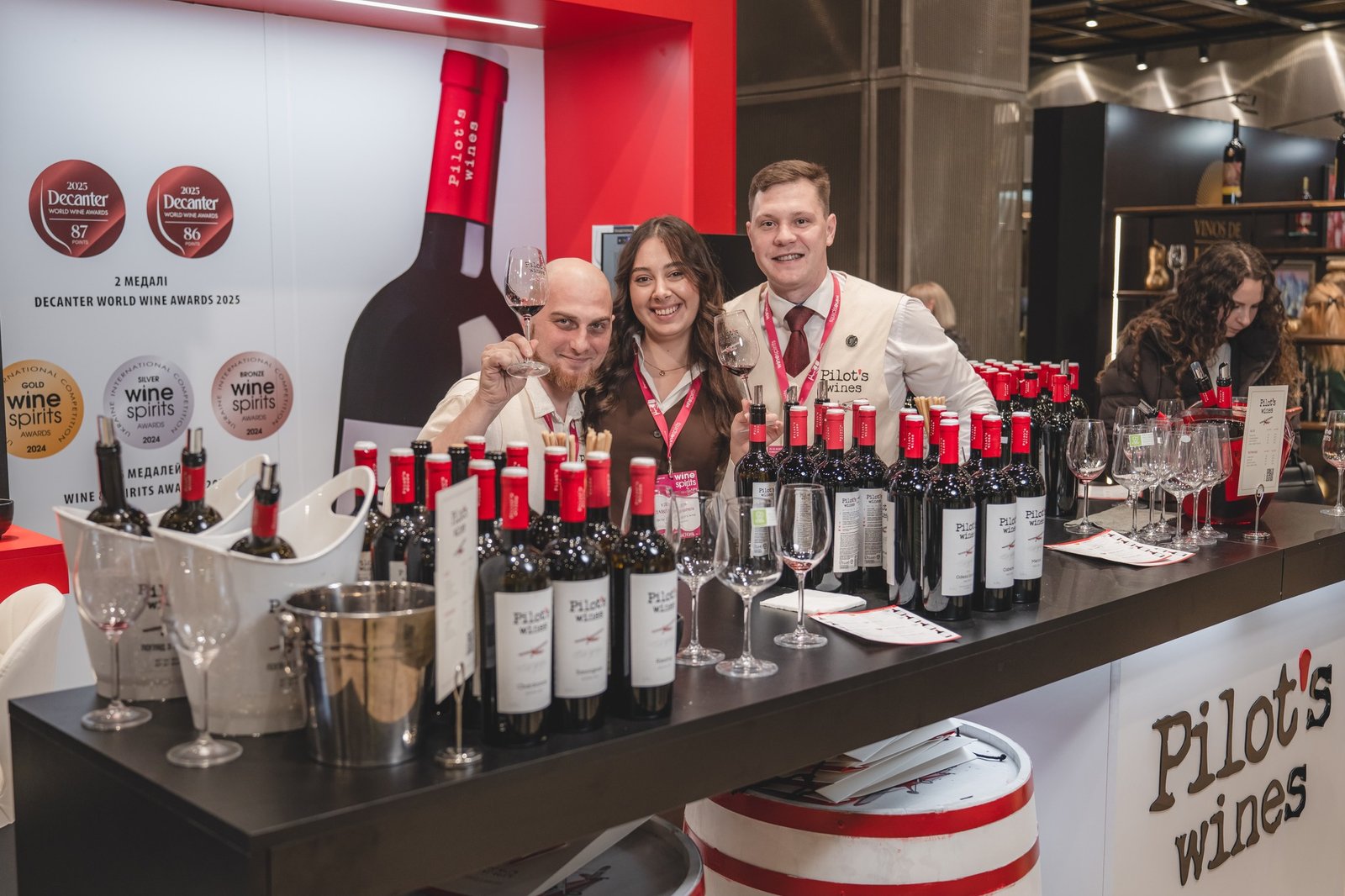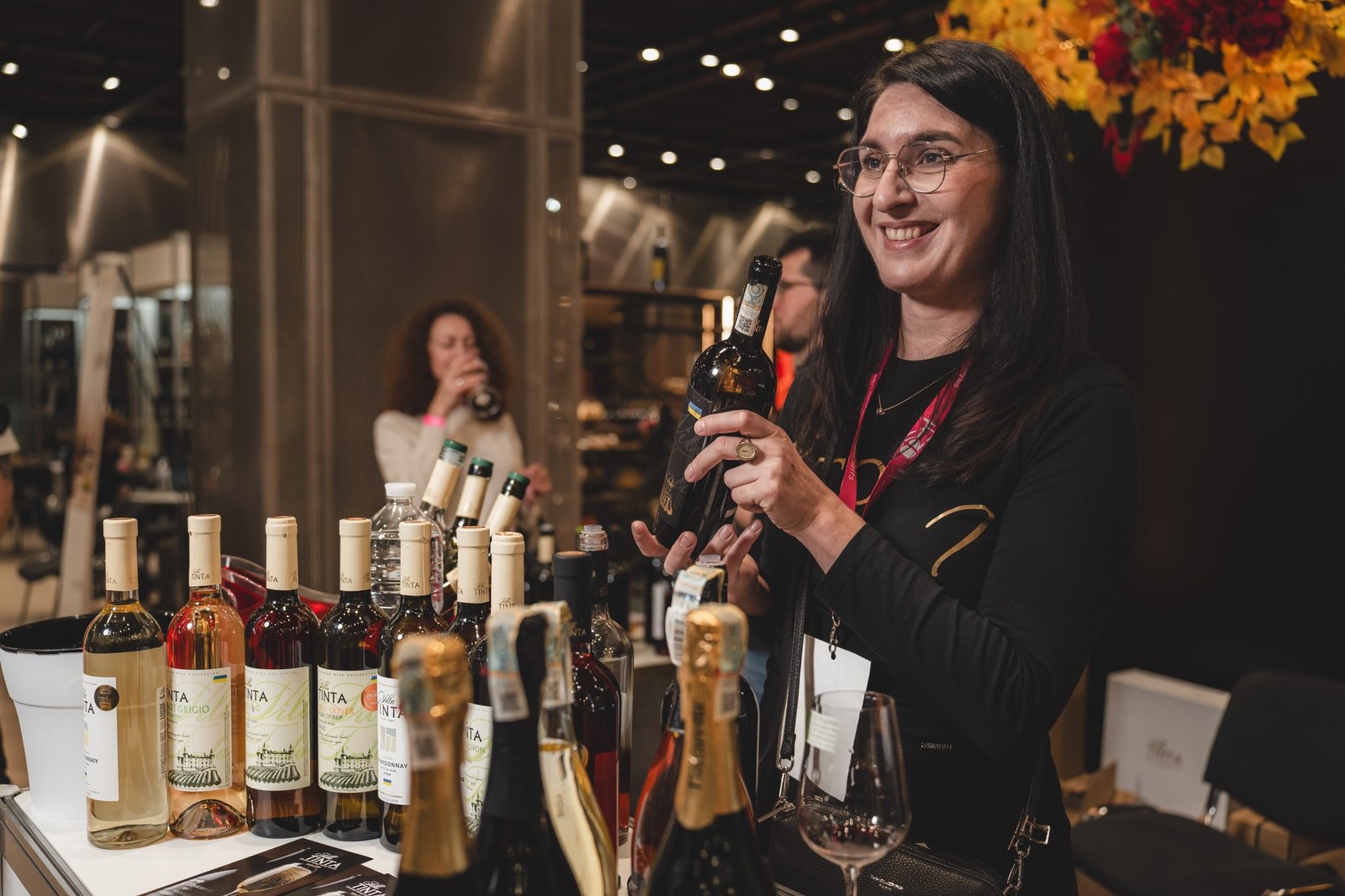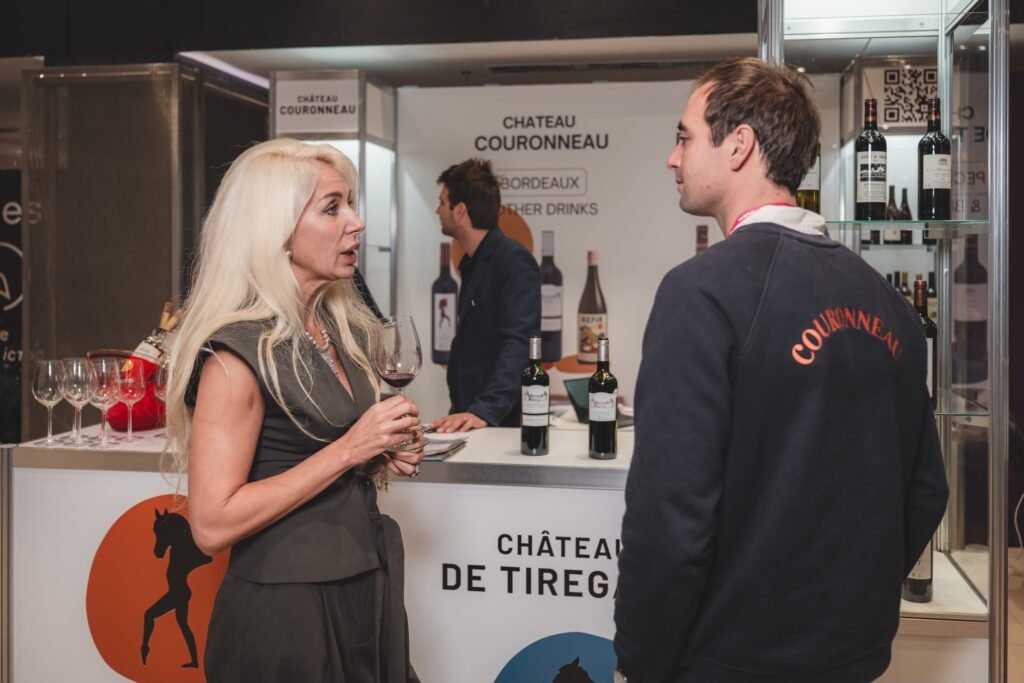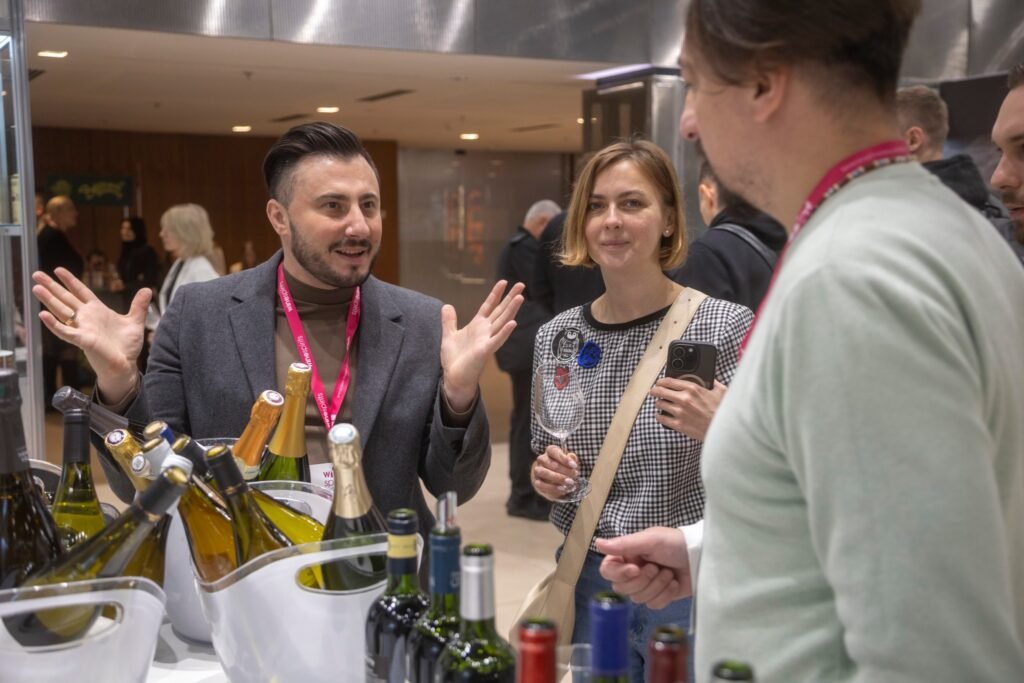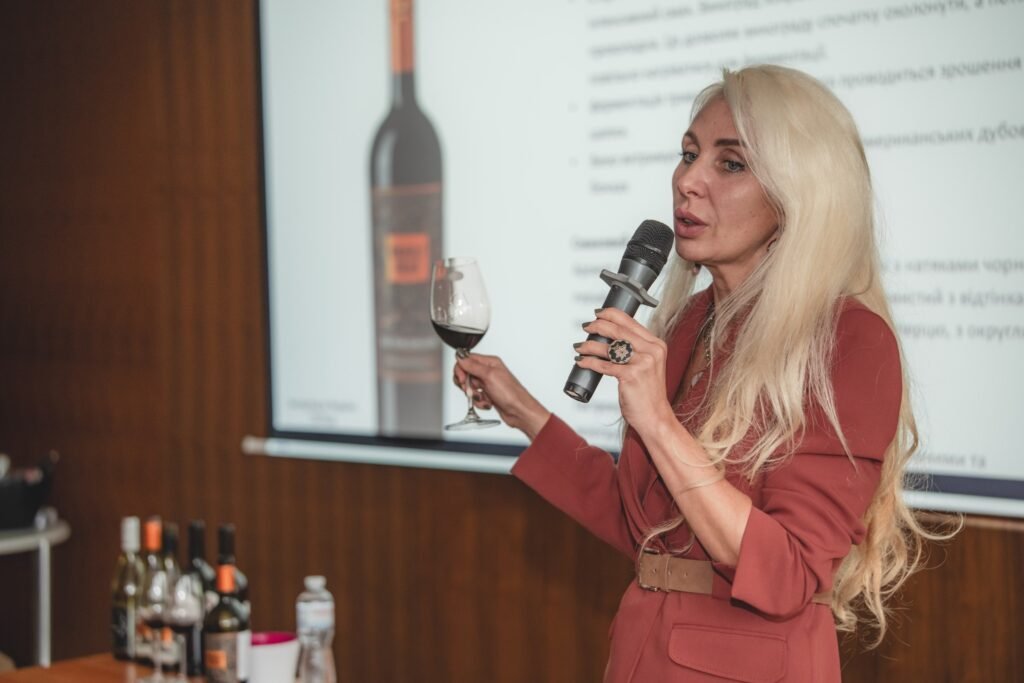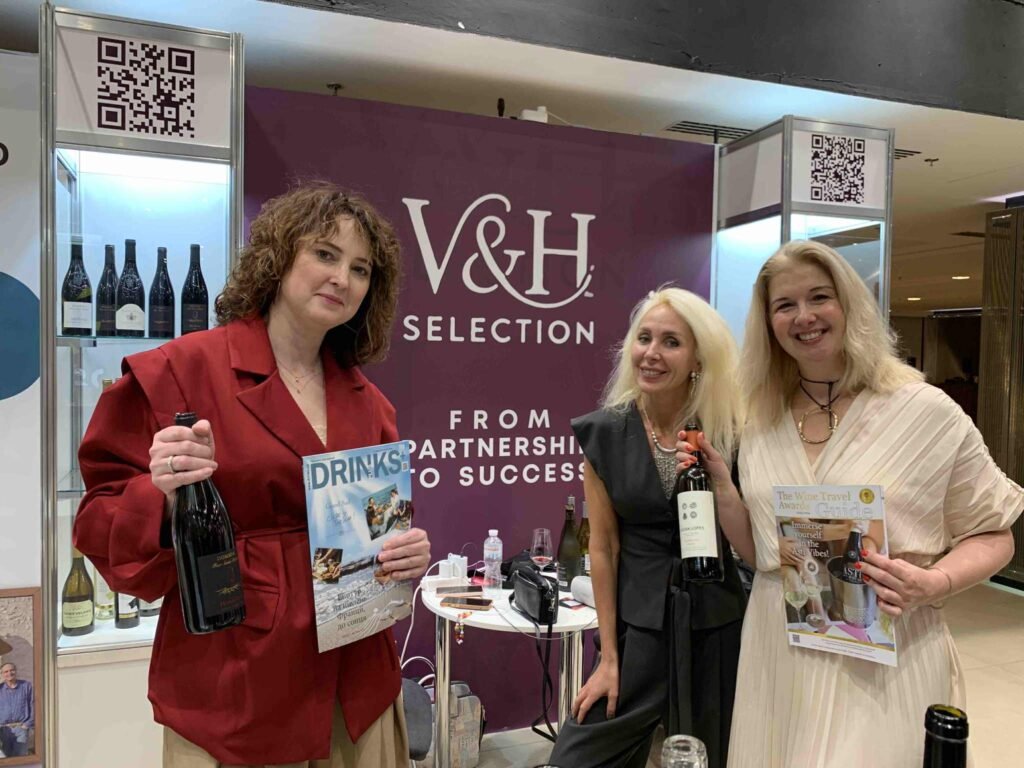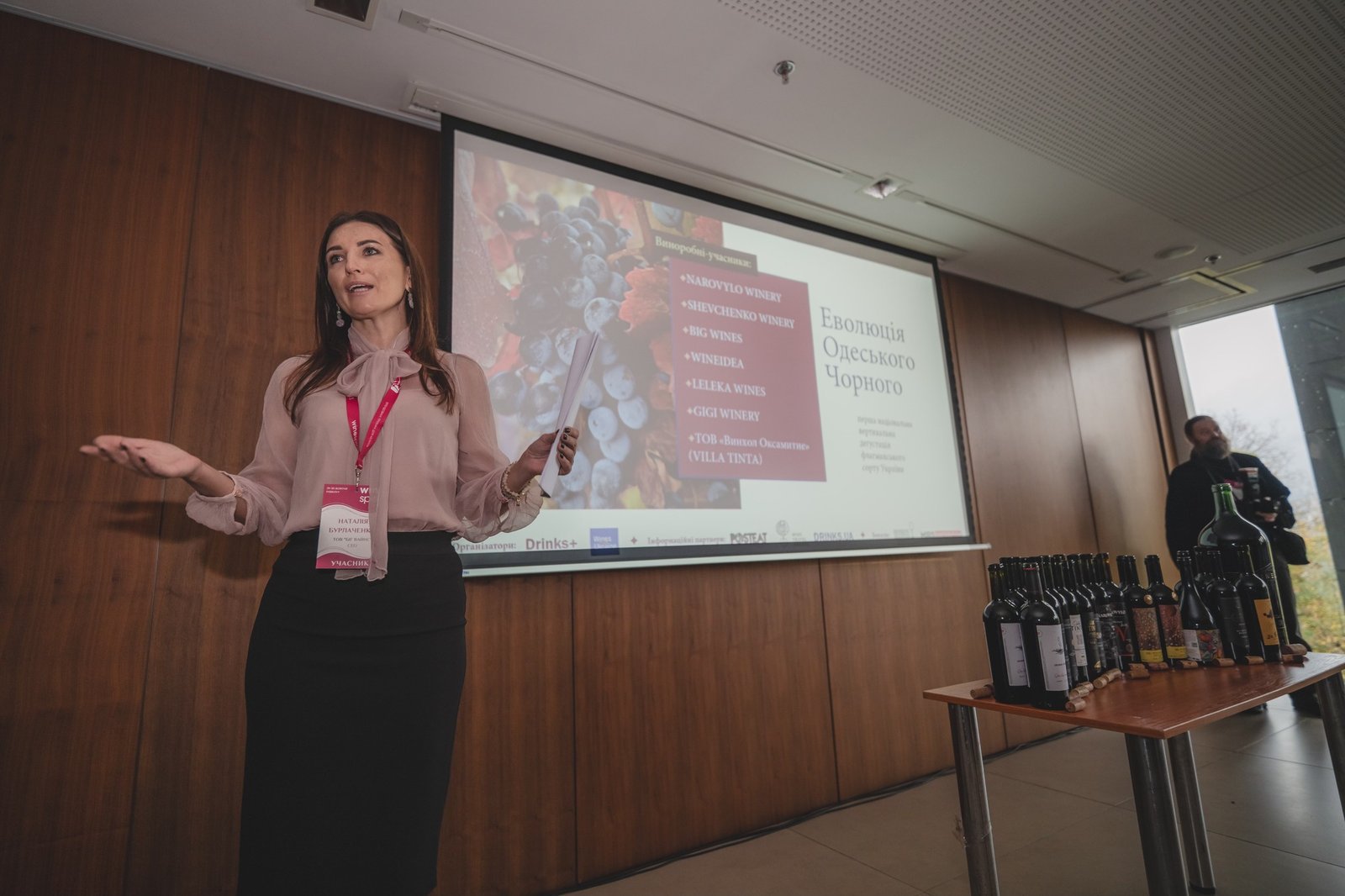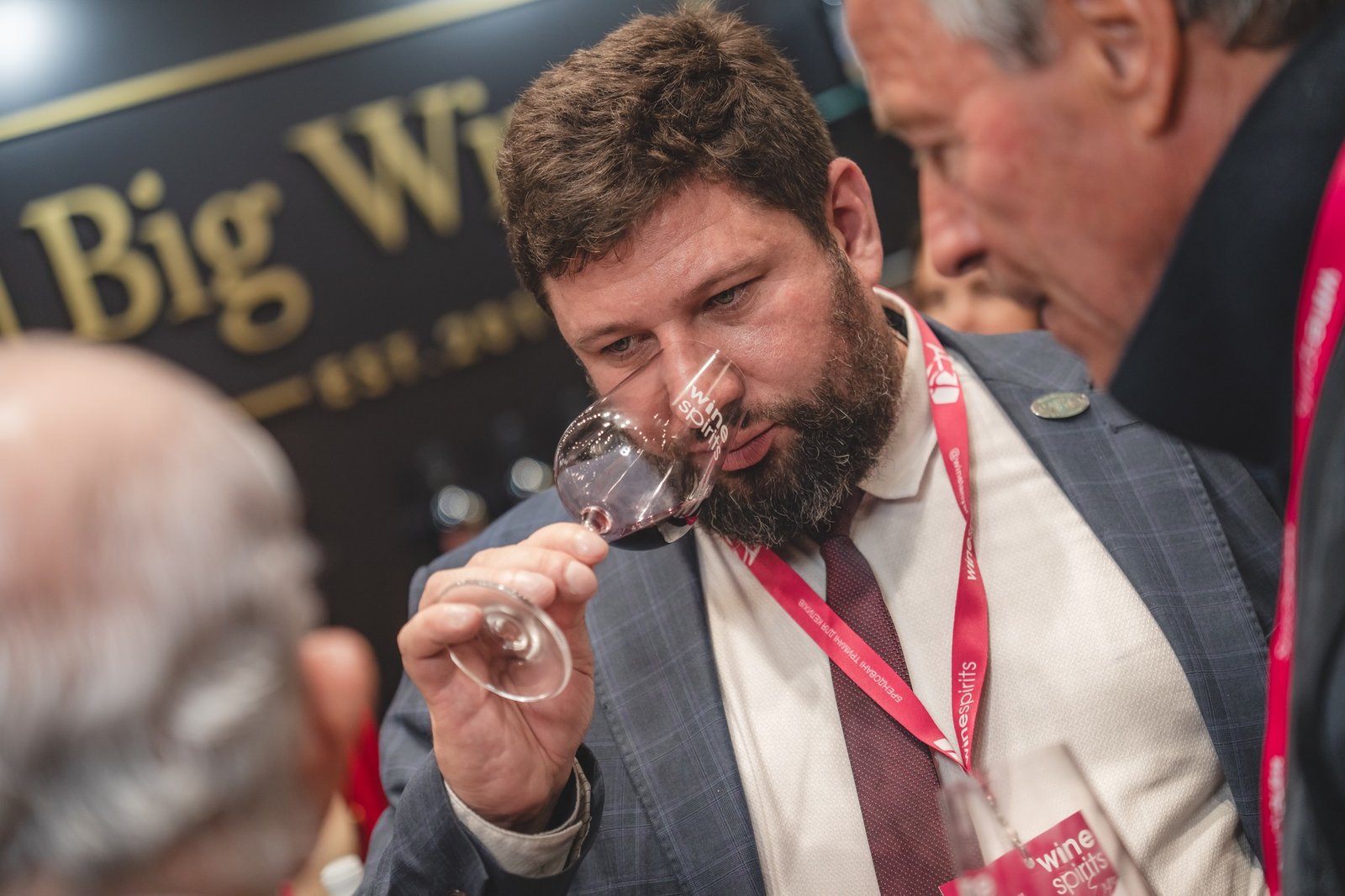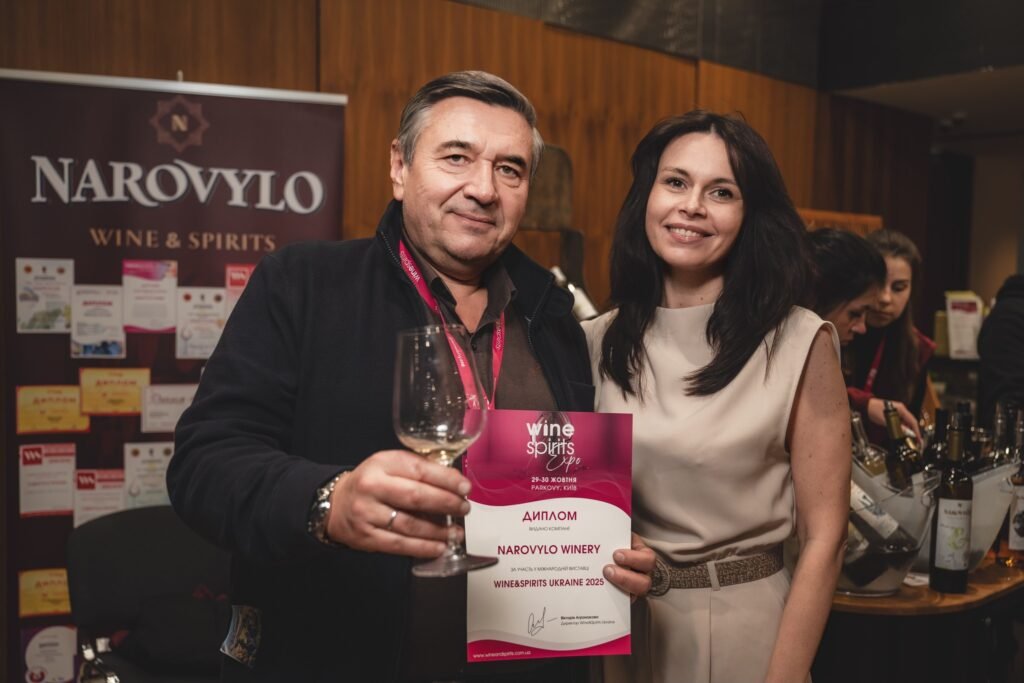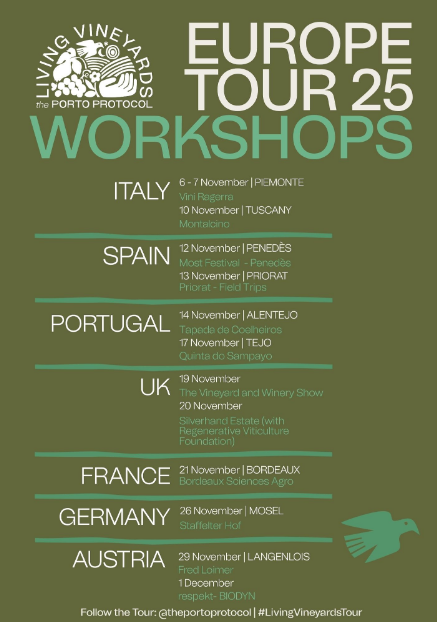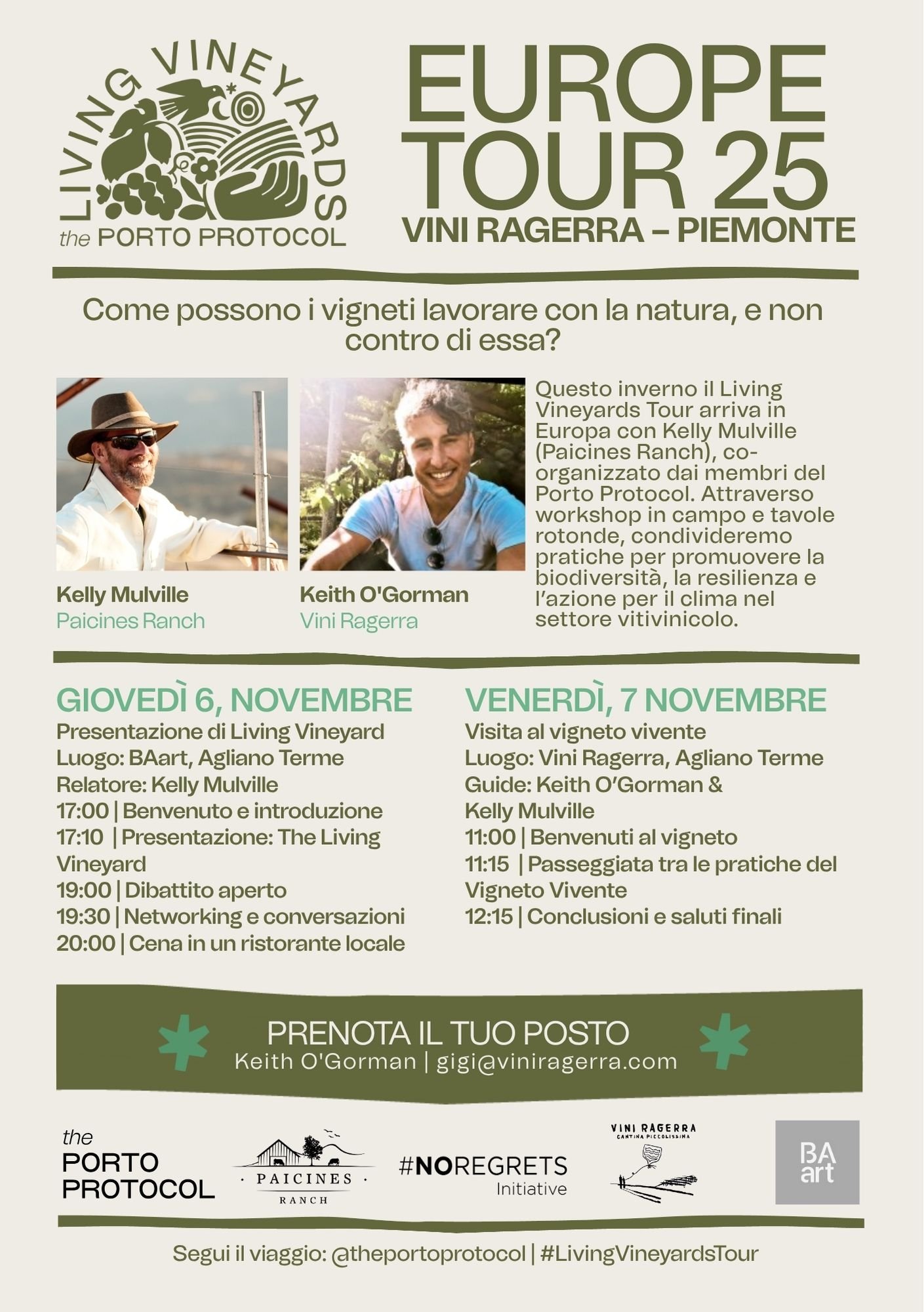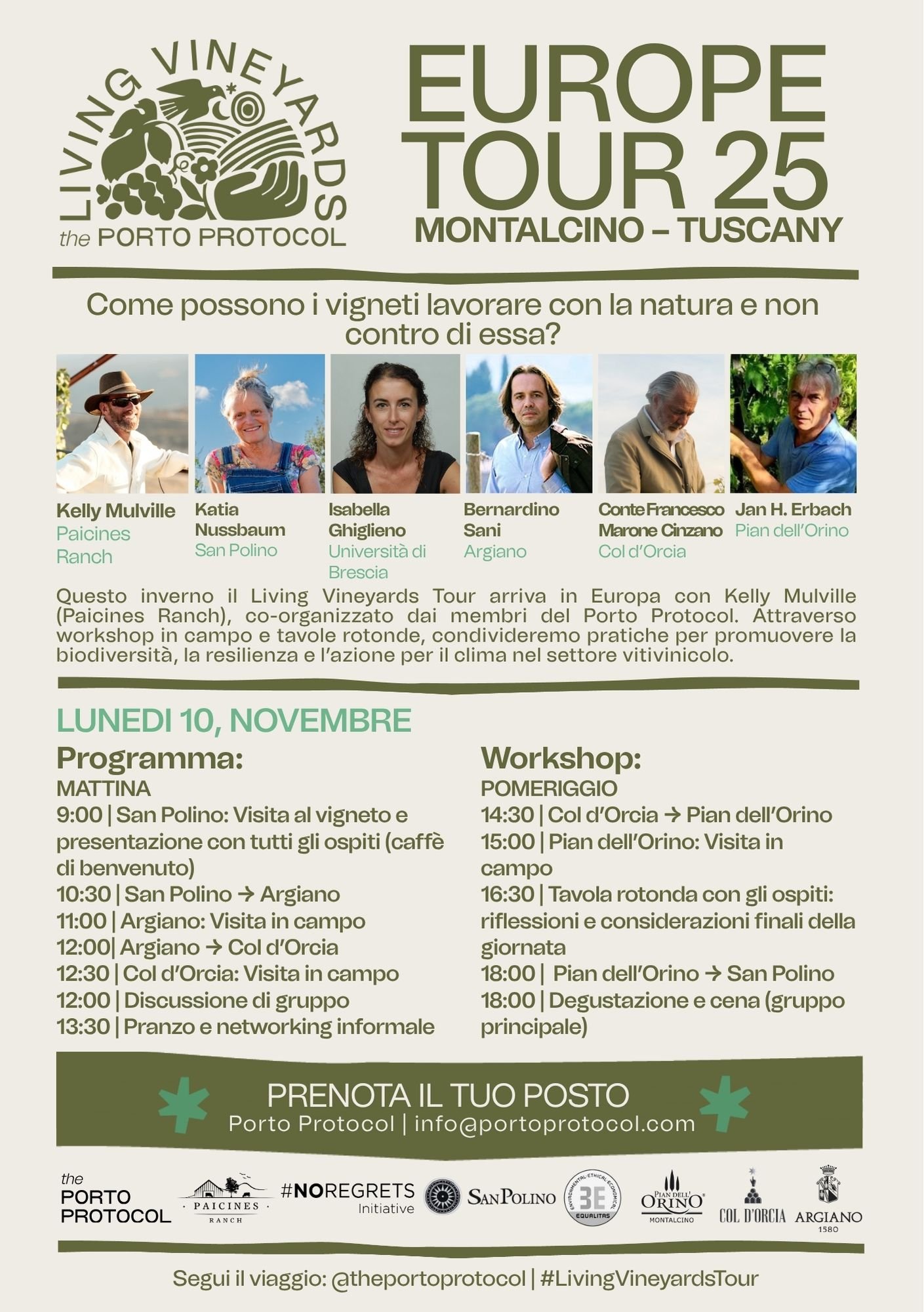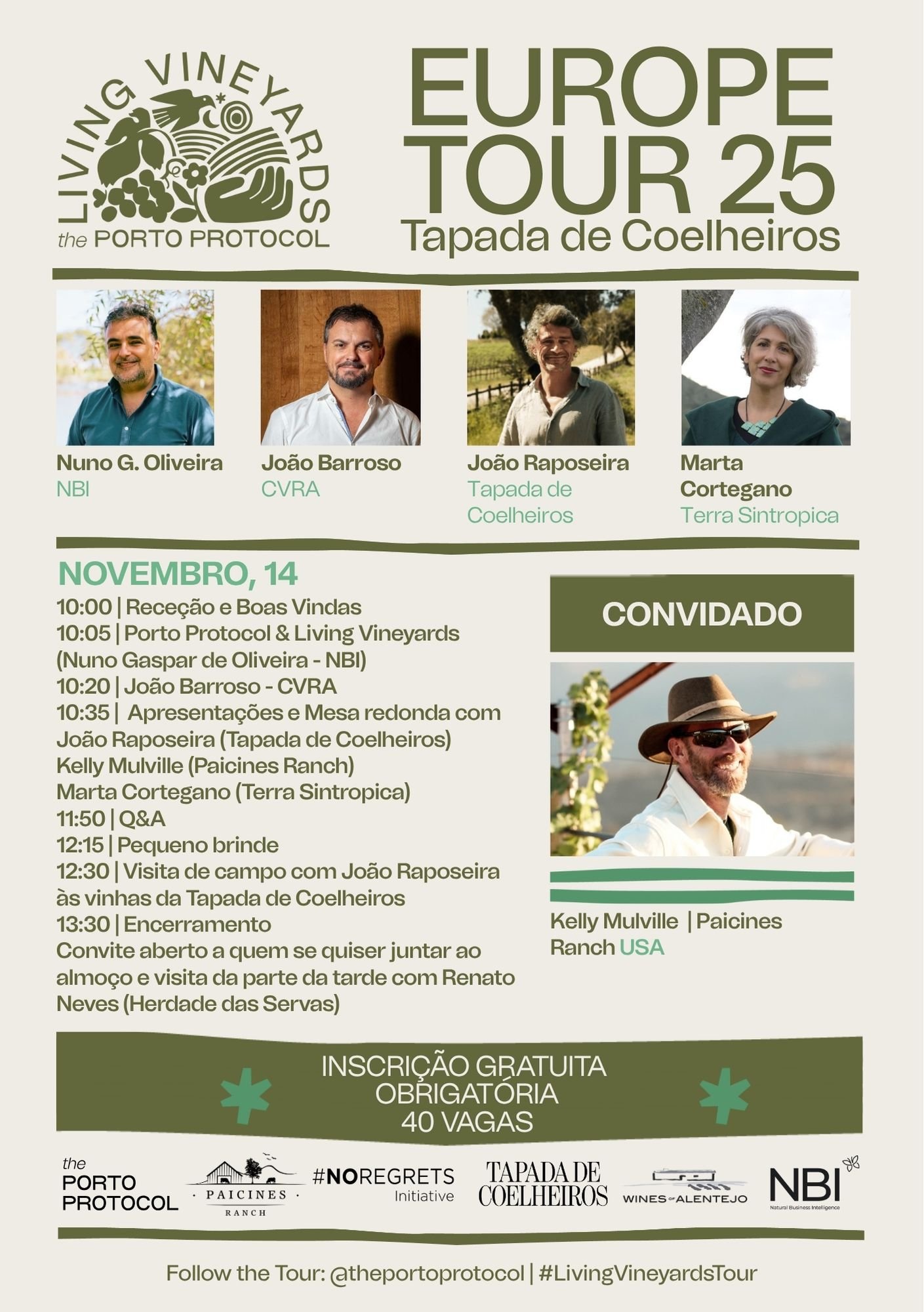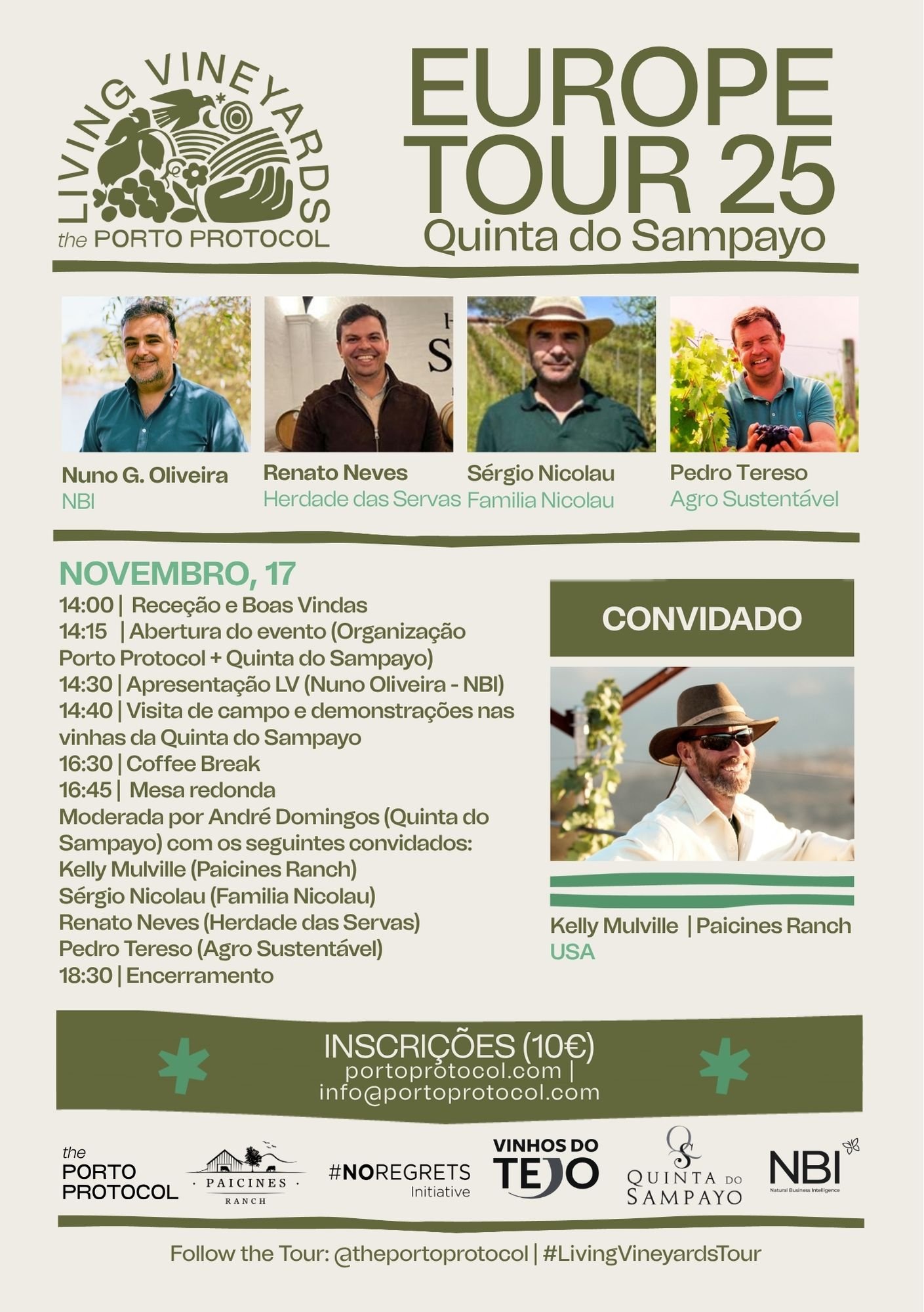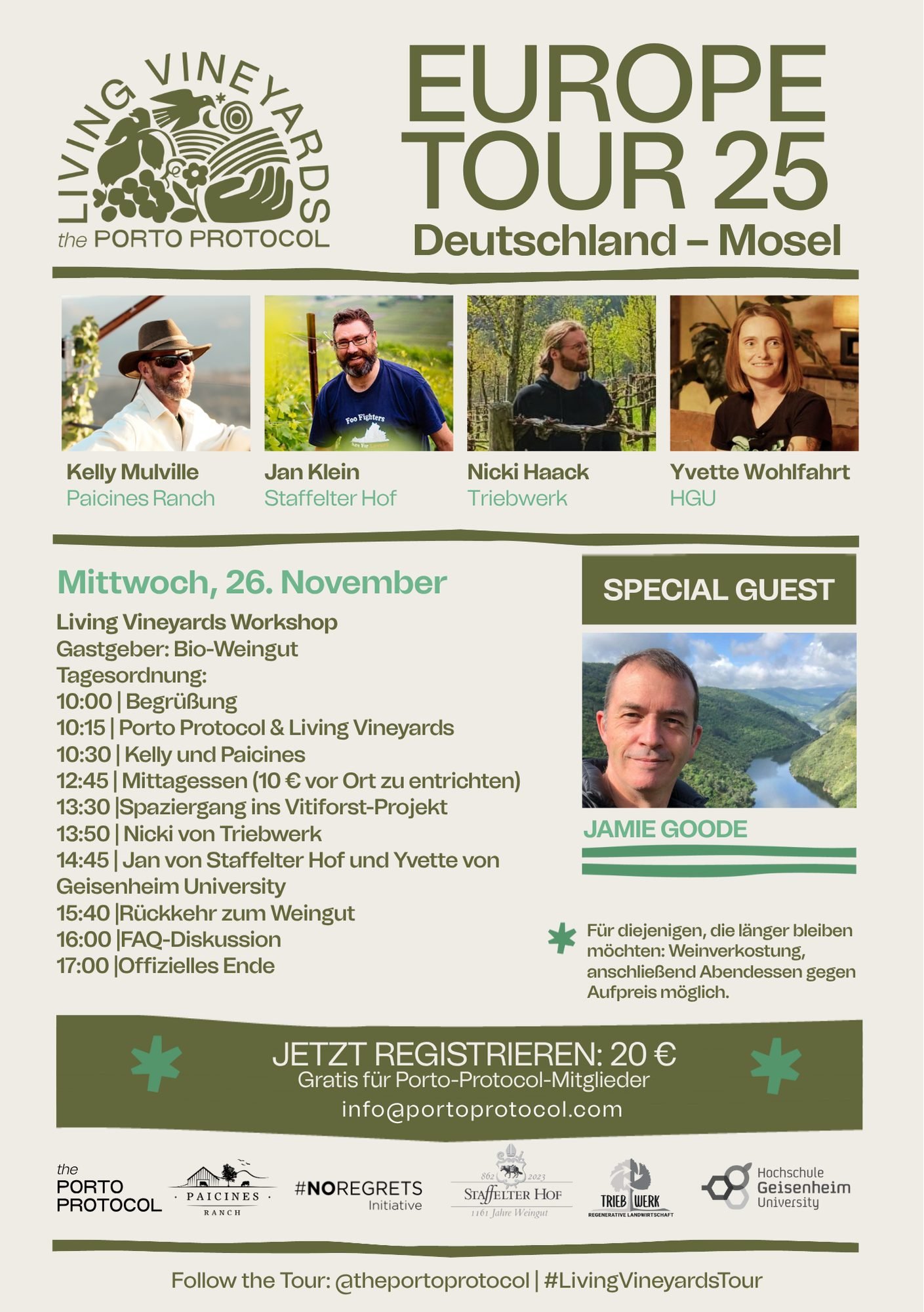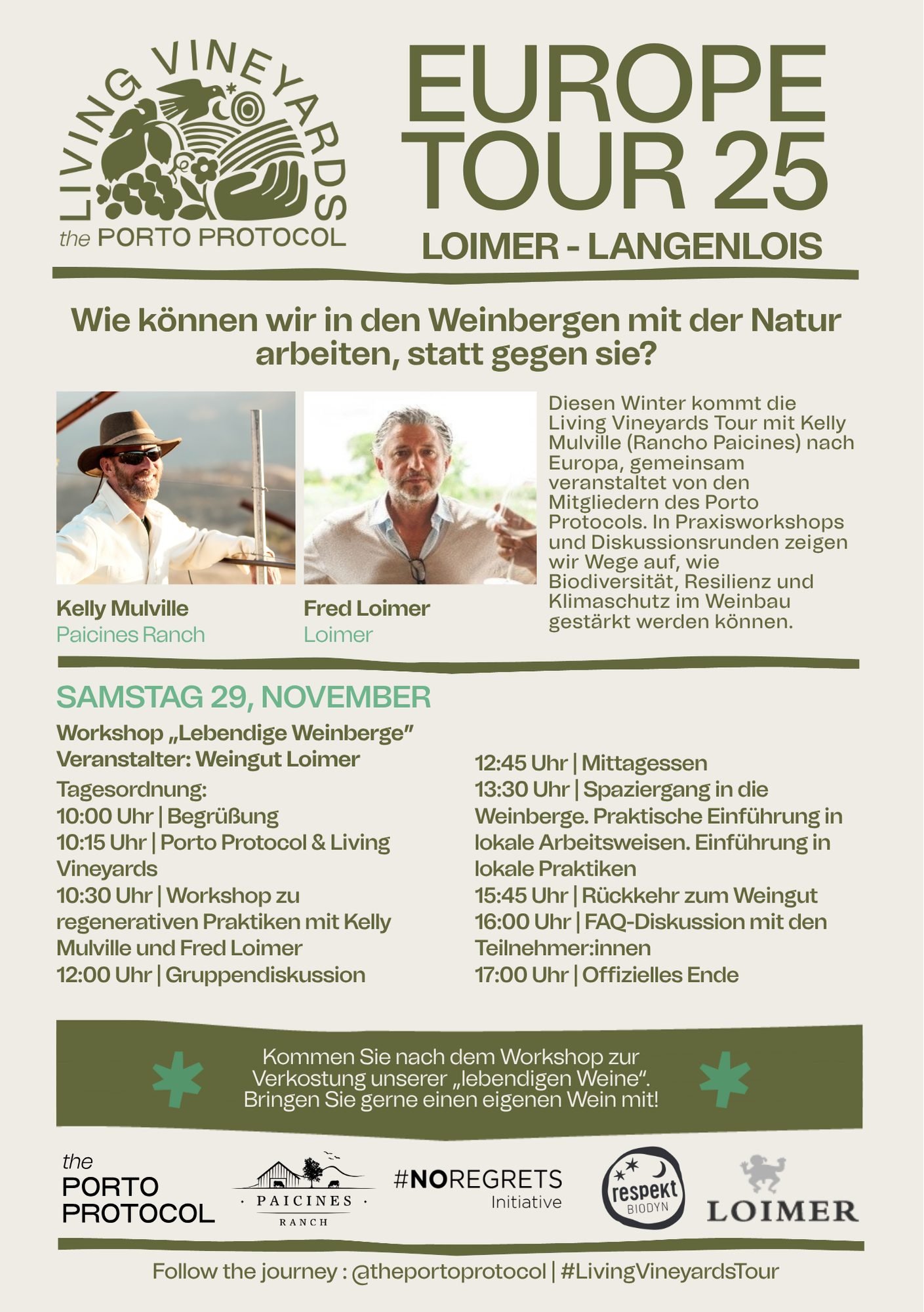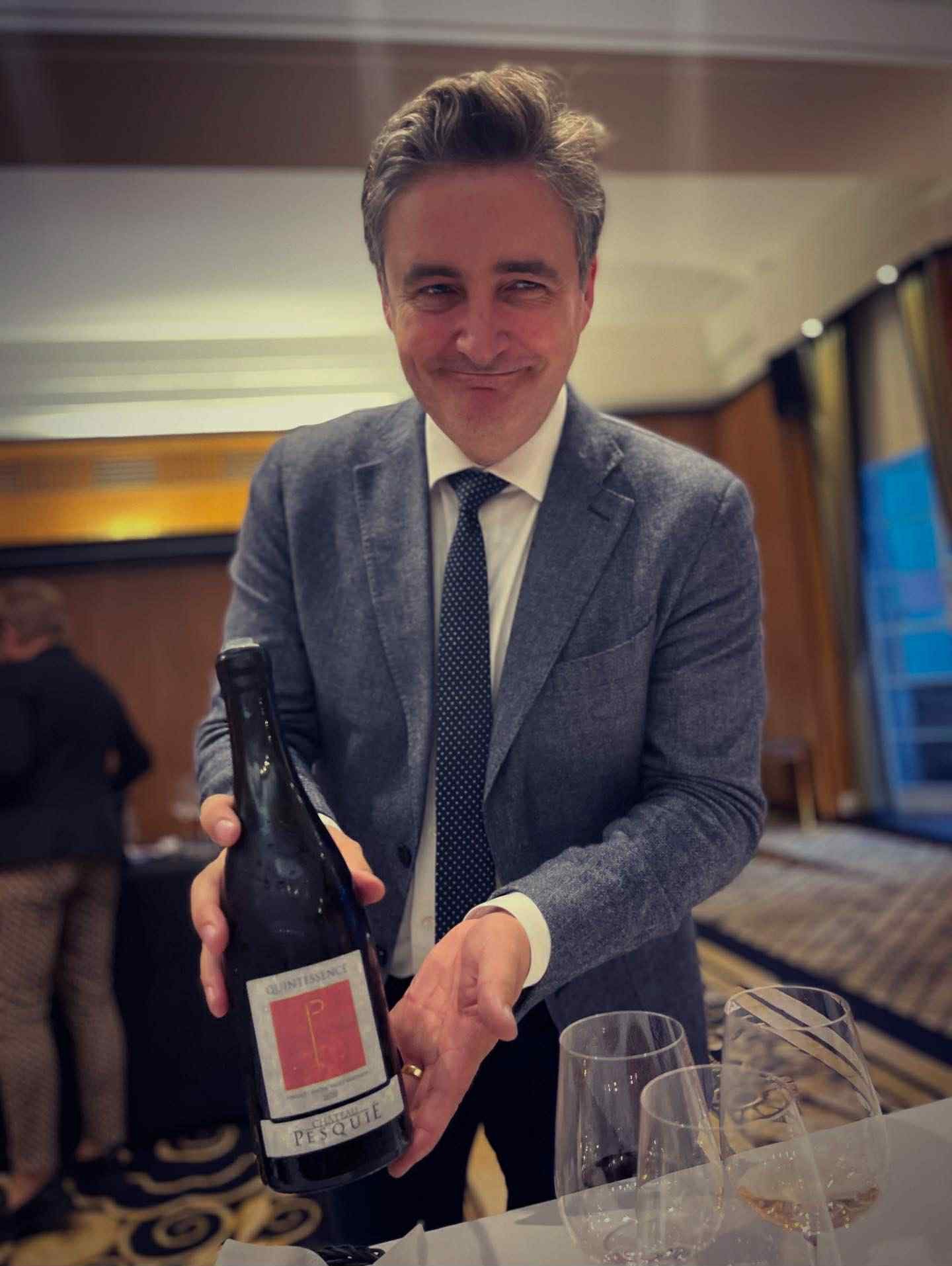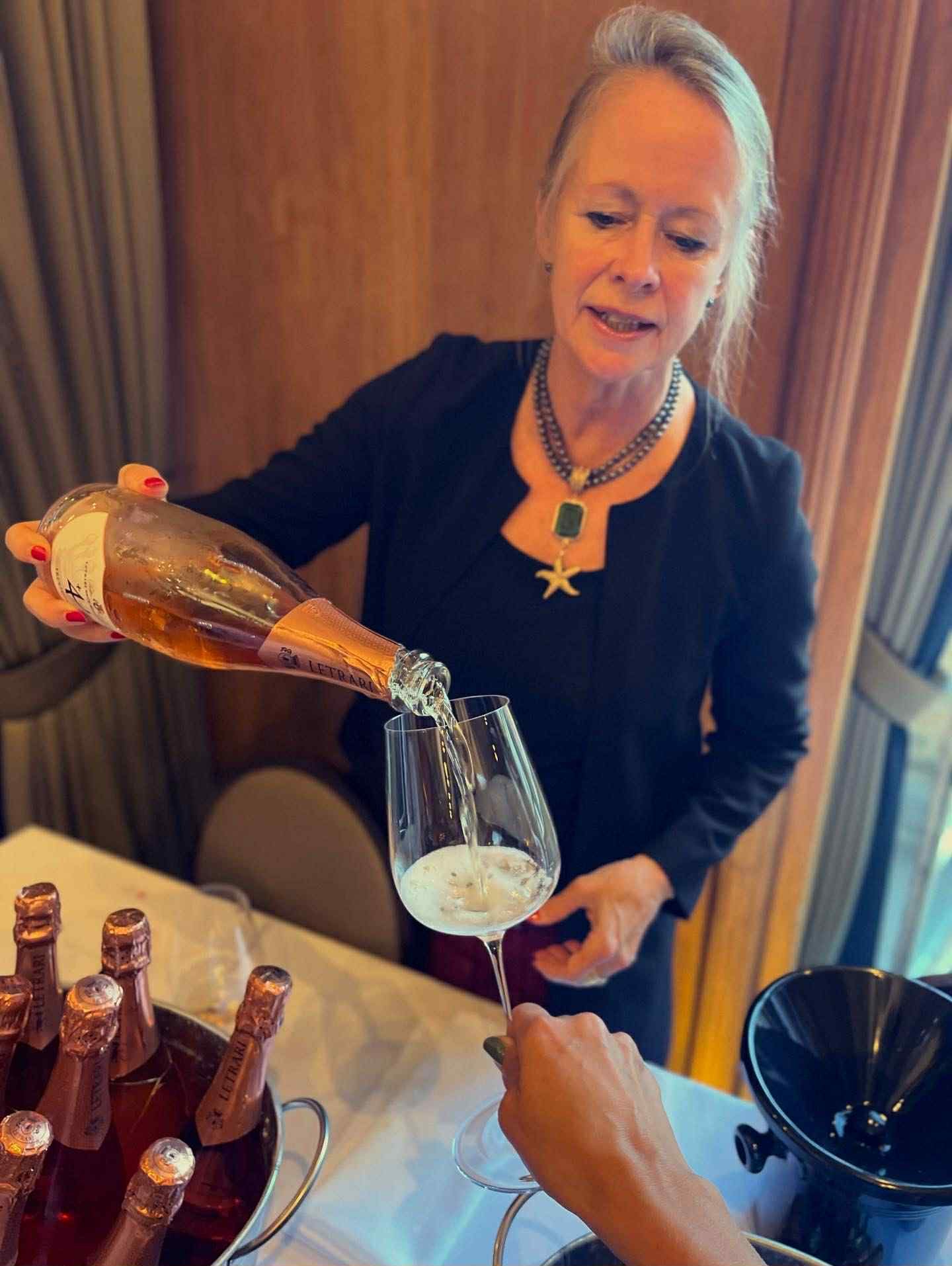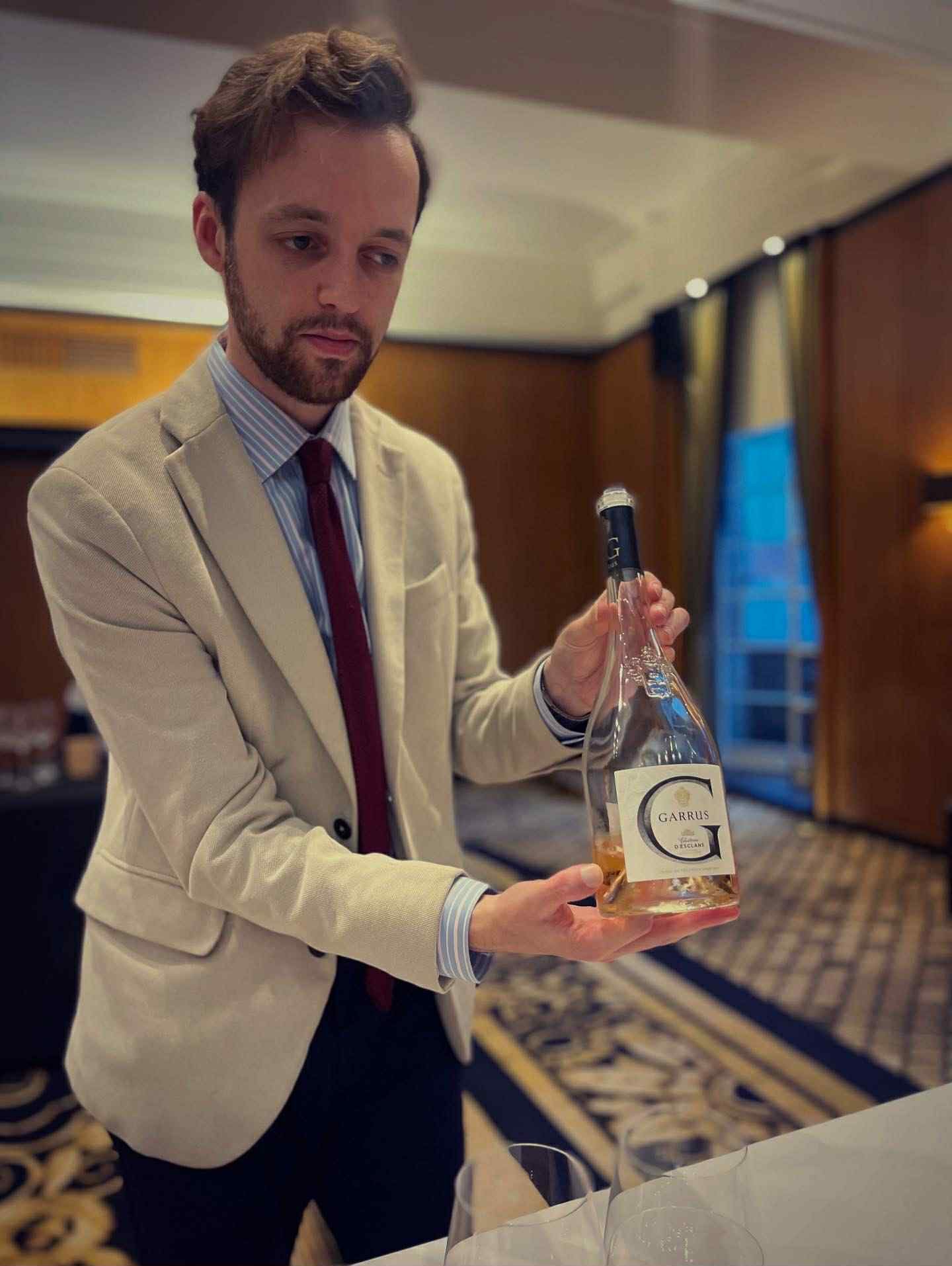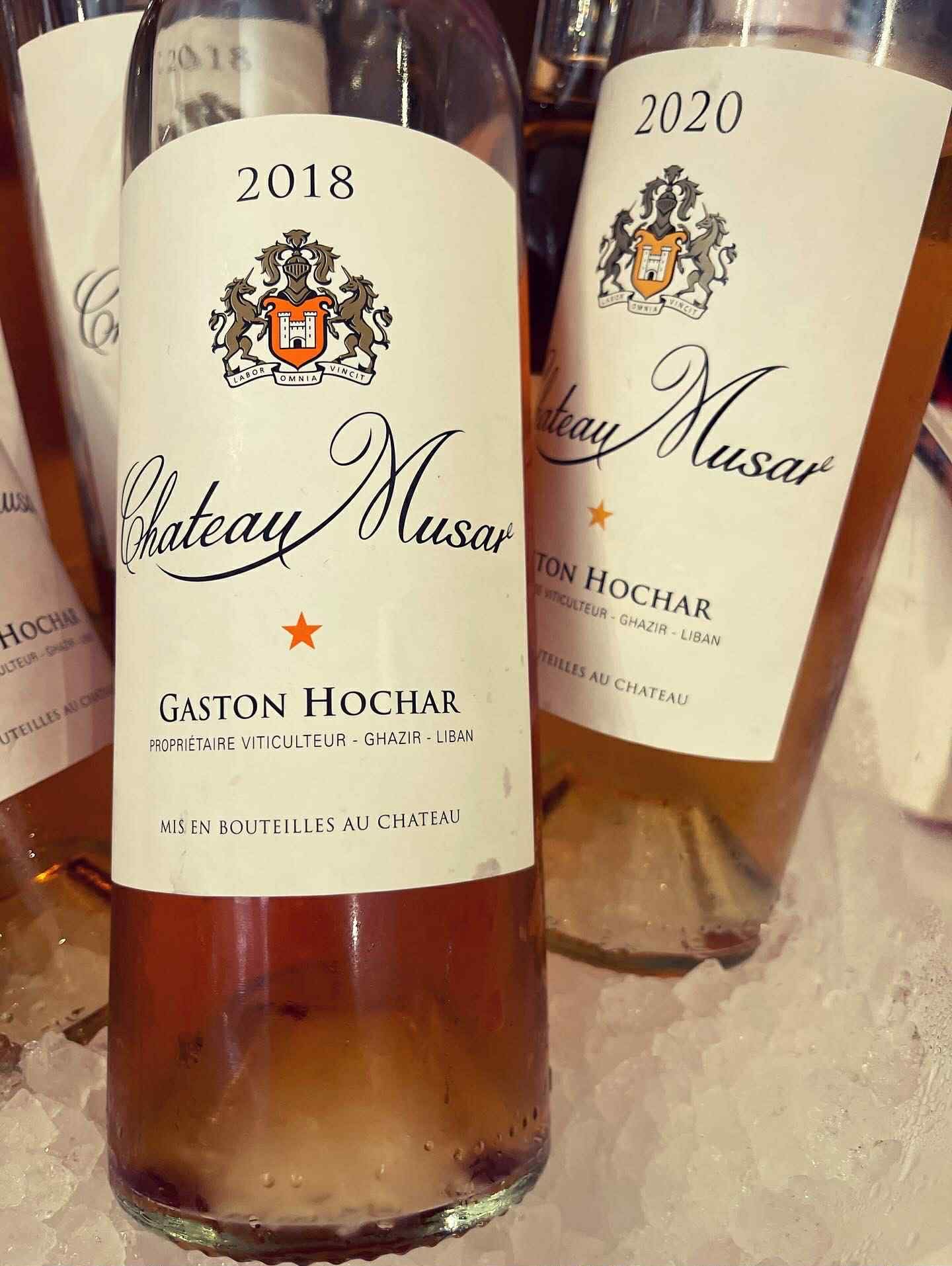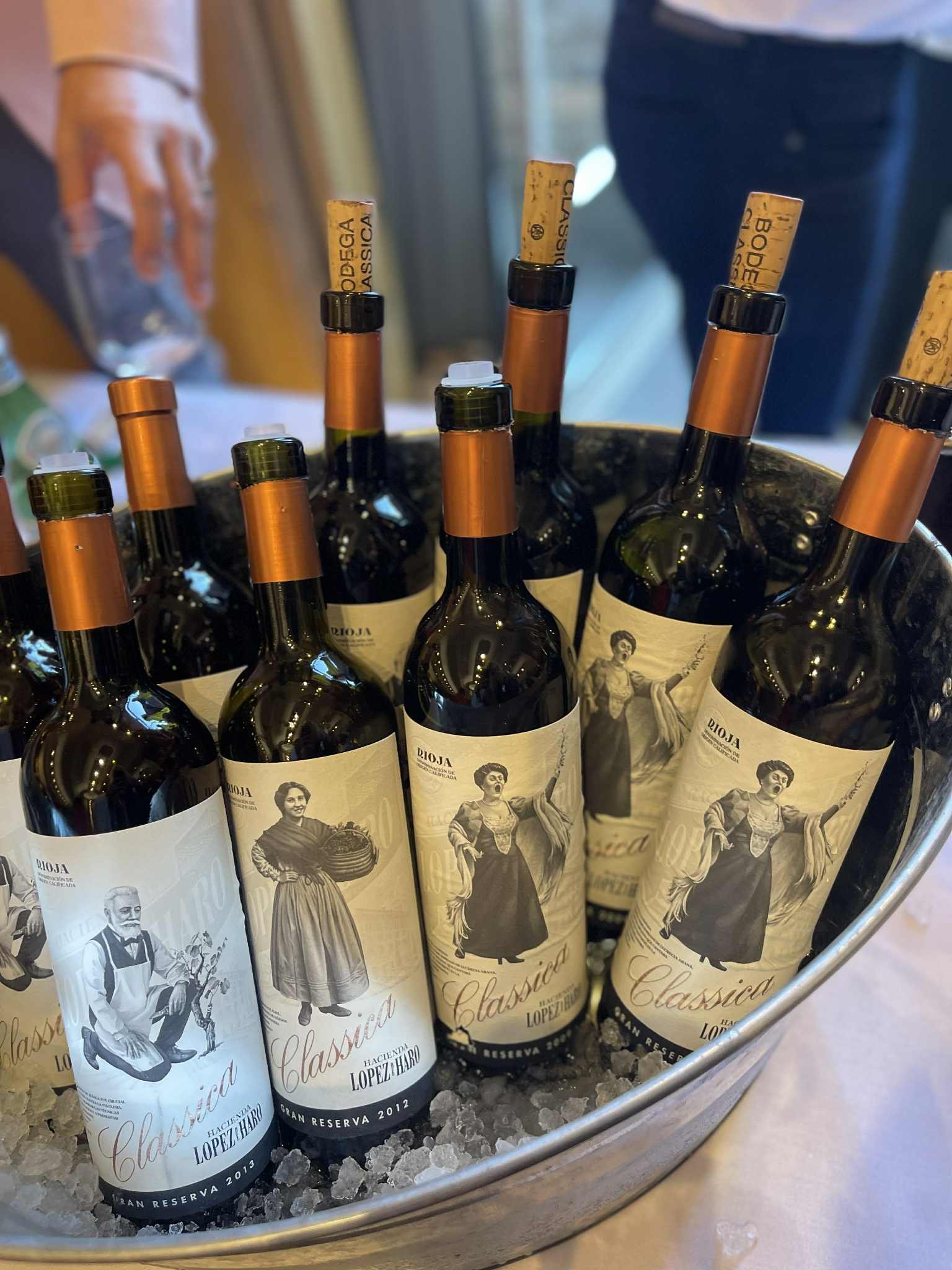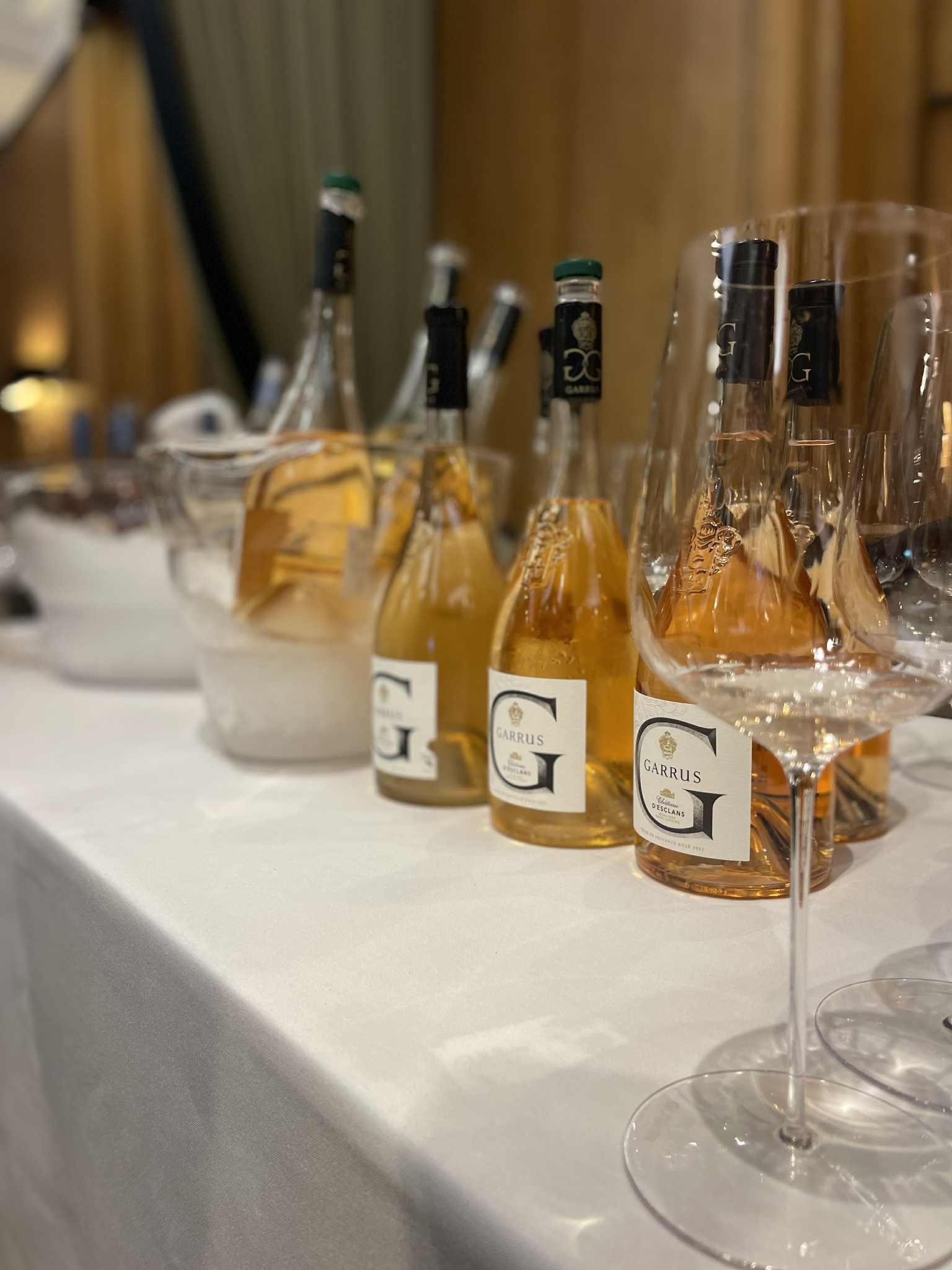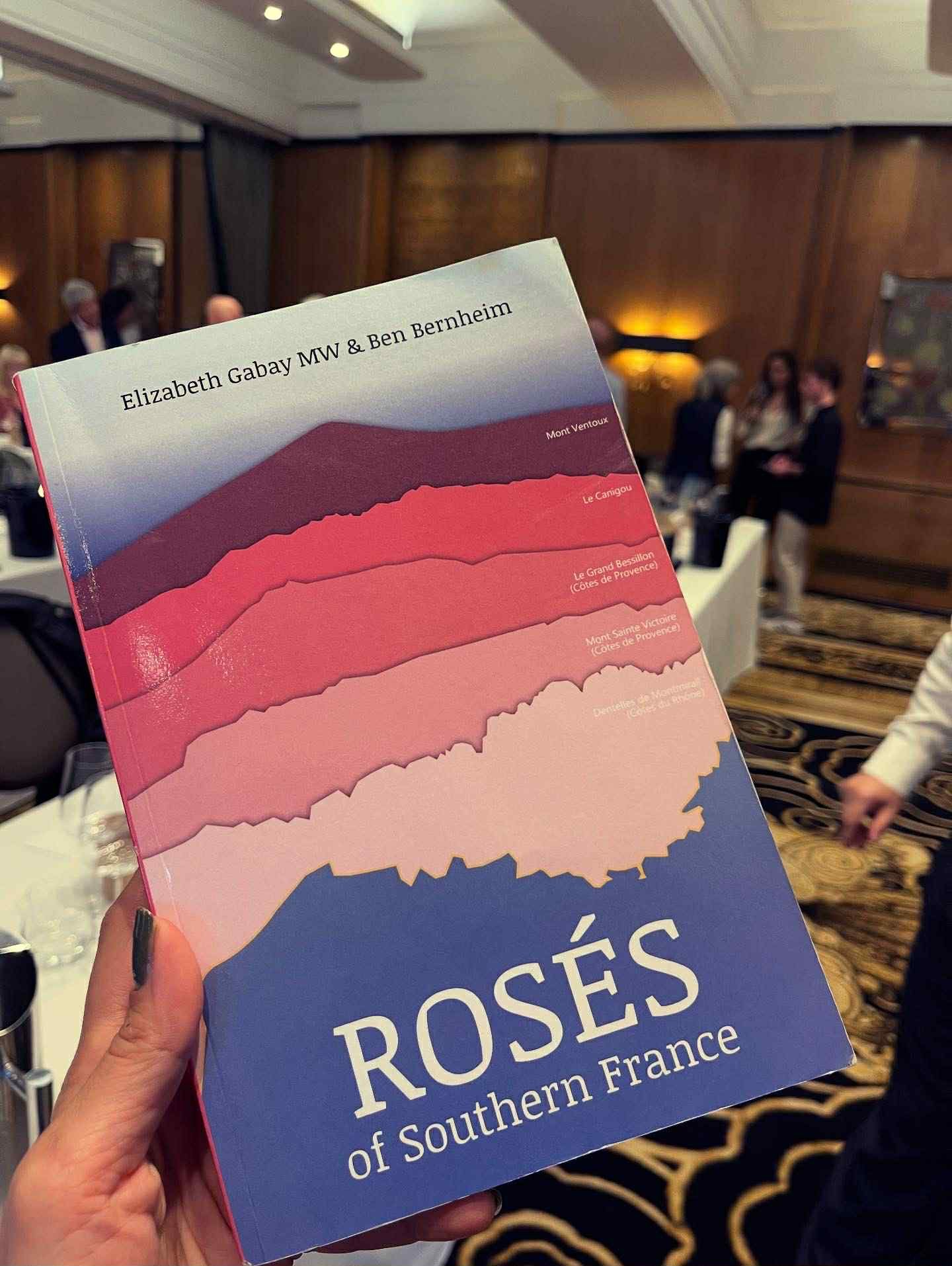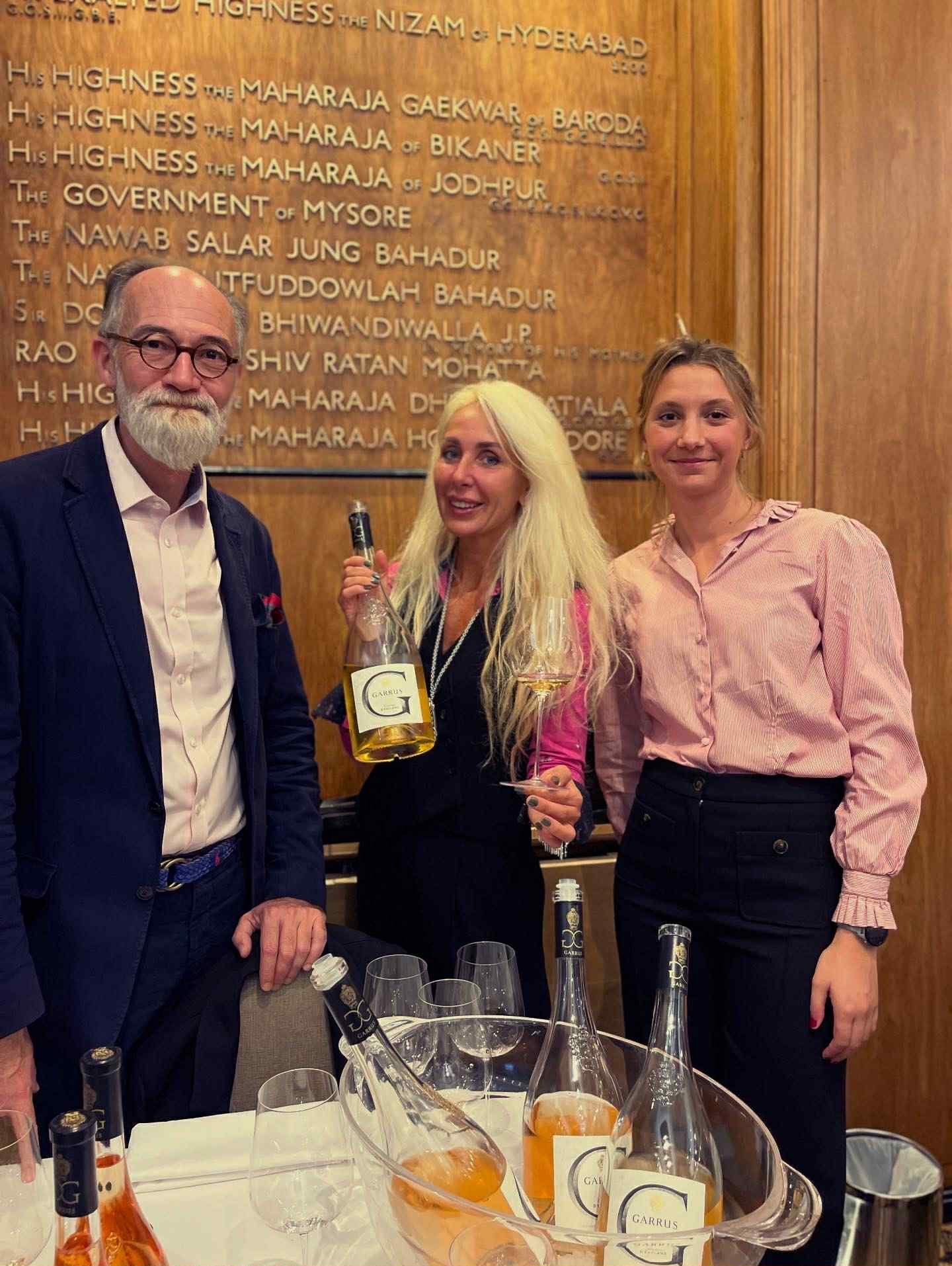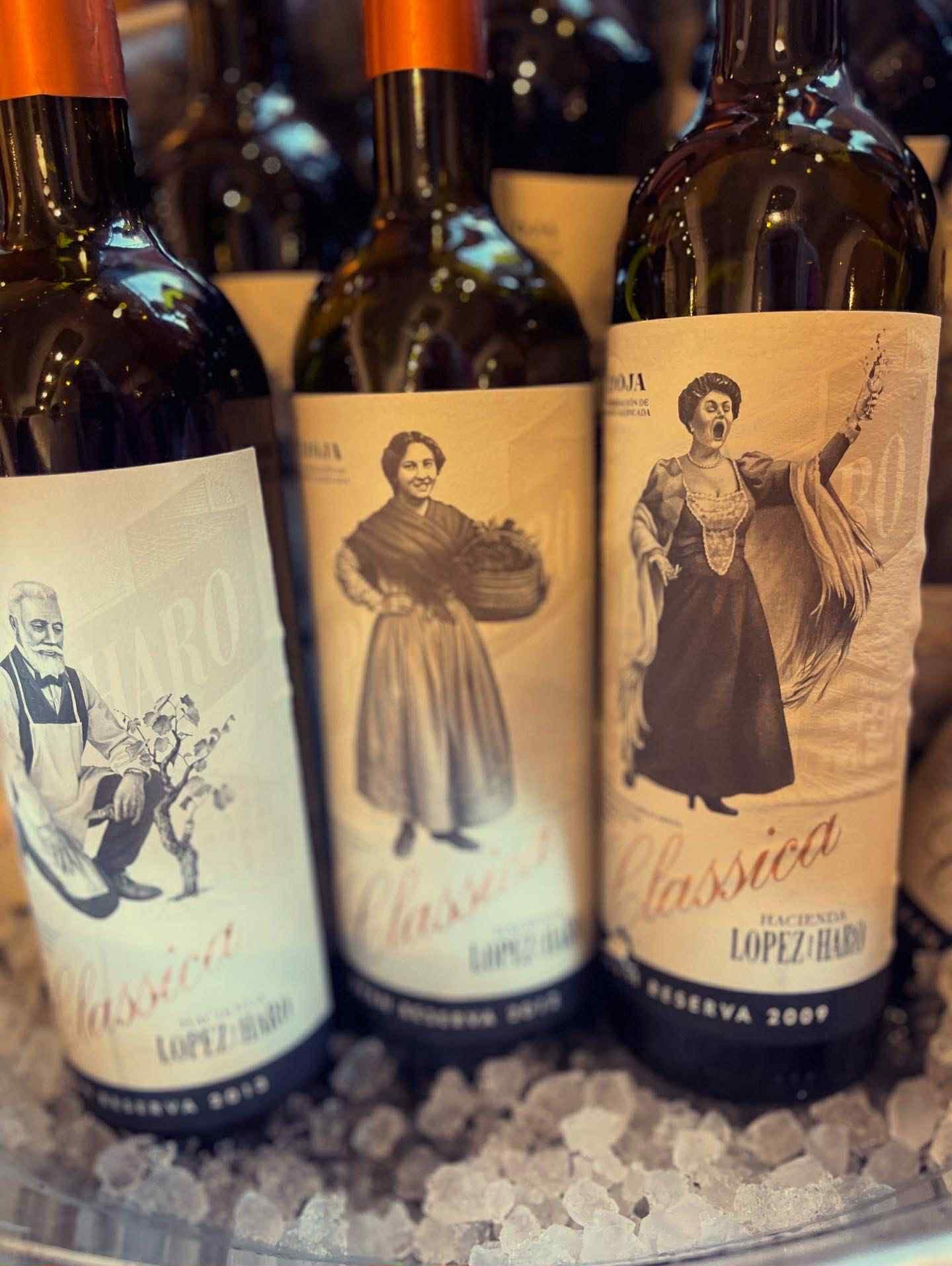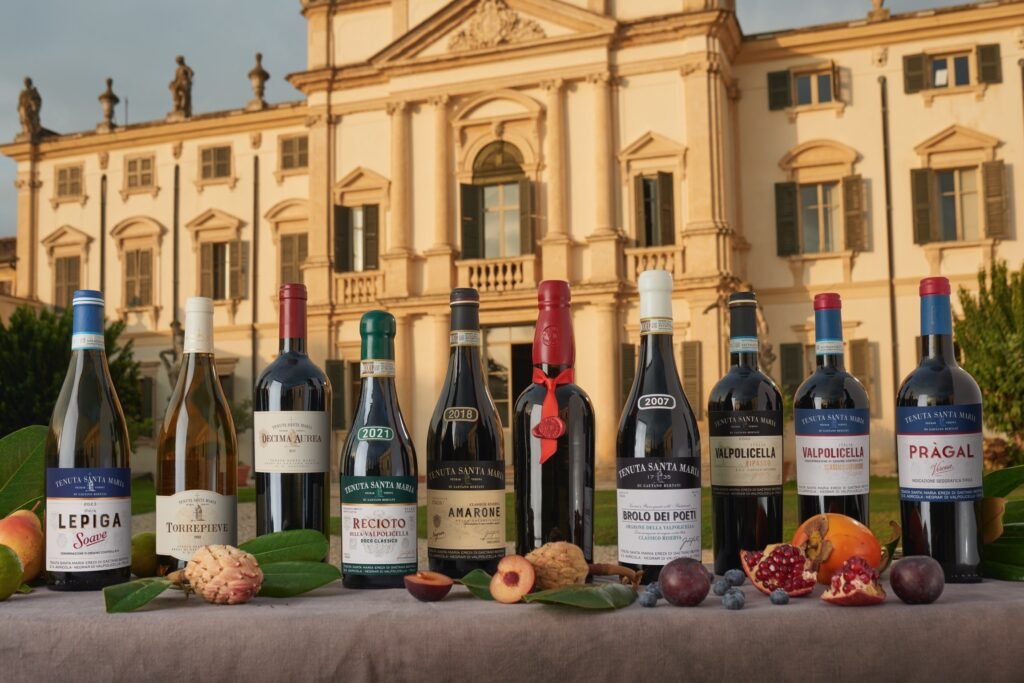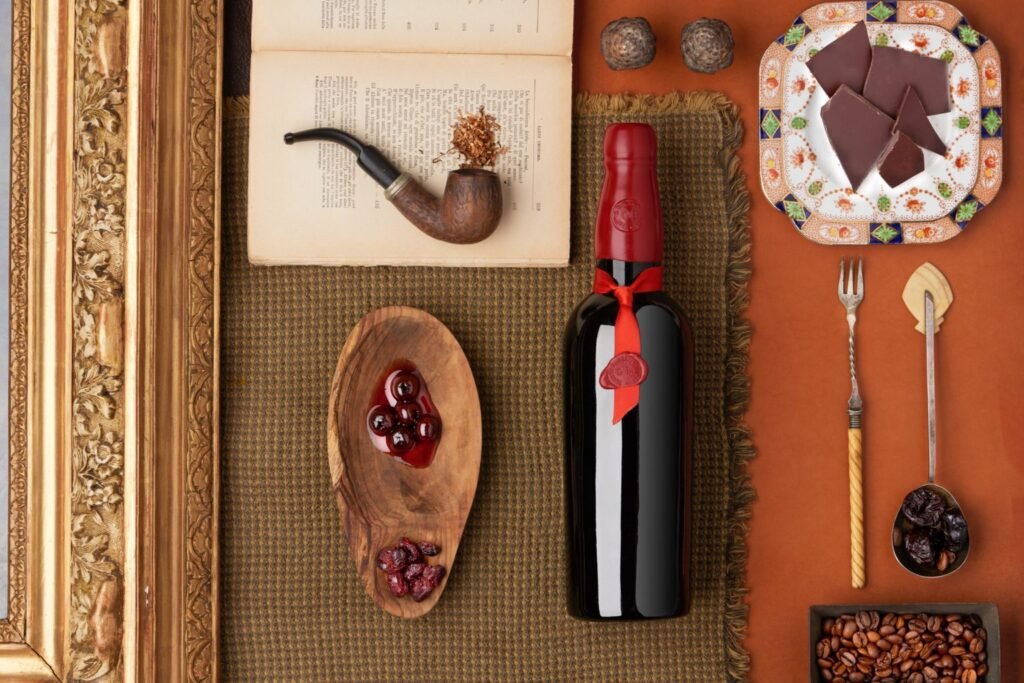When a glass of pale rosé glimmers in the sun, it still evokes images of summer, sea breeze and effortless pleasure. But the conversation took a more radical turn at a recent roundtable led by Elizabeth Gabay MW, one of the world’s foremost rosé authorities. The question on the table was not how to make rosé prettier, fresher, or paler. It was whether rosé can ever be considered a fine wine – and what “fine” even means in this context.
At a professional tasting in London, Gabay invited a panel of specialists: Rebecca Palmer (Corney & Barrow), Richard Bampfield MW, Siobhan Turner MW, and Pauline Vicard (ARENI Global). Eight producers and over twenty vintages were poured, from Garrus and Rosé des Riceys to Bandol, Rioja and Lebanon. The debate – and the wines – challenged every stereotype about what pink wine can be.
Defining Fine Wine: A Moving Target
Fine wine is an elusive concept. Economists see it as a product with a secondary market and consistent price appreciation. Sommeliers describe it as a wine that provokes emotion, that reflects place and intent. Collectors point to scarcity and reputation.
For Pauline Vicard, who leads the global fine wine think tank ARENI, fine wine is not defined by price alone. “Fine wine must demonstrate identity, integrity and intent,” she argues. “It can exist beyond the secondary market. A fine rosé must not be traded – it must be respected.”
Elizabeth Gabay, whose books Rosé: Understanding the Pink Wine Revolution and Rosés of Southern France have become the reference texts, adds another dimension. “Fine wine requires patience,” she says. “It needs to show evolution. Most rosés are consumed before they’ve even had the chance to breathe.”
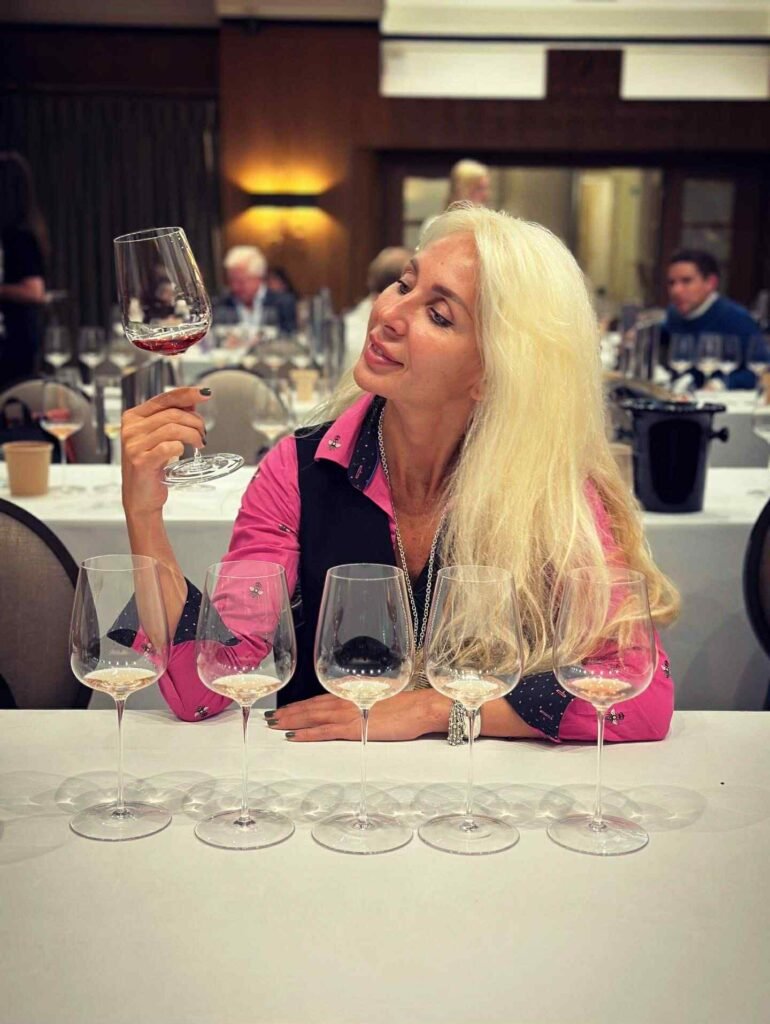
The Tyranny of Youth
Rosé’s greatest strength is also its most significant limitation: immediacy. The category’s phenomenal growth over the last two decades – from Provence’s global dominance to the pink wave in California, Spain and Italy – has been built on wines designed to be drunk within the year of harvest. Freshness, fruit, and the famous “pale salmon hue” became visual shorthand for quality.
But the fine wine world values something else entirely: transformation. A great wine is judged not by its first impression, but by how it develops over time. “The problem is not whether rosé can age,” says Siobhan Turner MW. “The problem is that no one lets it.”
The market reinforces that short-term mindset. Producers rely on fast cash flow and tourism-driven consumption. Importers rarely want to hold stock. Consumers, conditioned by marketing, assume colour oxidation equals decline. As a result, the entire rosé category is stuck in perpetual youth.
Tasting Time: The Rosé Vertical
The London roundtable sought to test this assumption empirically. Wines were grouped into four thematic flights, each illustrating a different approach to serious rosé.
1. Provence and Beyond – The Fine White Paradigm
The first flight compared wines like Château Pesquié Quintessence (Ventoux 2020–2022) and Château d’Esclans Garrus (Provence 2021–2023). These represent what Rebecca Palmer called the “fine white” approach: meticulous site selection, low yields, fermentation and ageing in oak, bâtonnage, and extended lees contact.
The Garrus 2021 displayed layered texture, saline precision and structure comparable to a fine Meursault. With time in the bottle, tropical notes gave way to hazelnut, spice and a gentle oxidative complexity. “This is clearly a wine built to evolve,” said Bampfield. “Its freshness is not fleeting – it’s structural.”
Pesquié’s 2020, aged in large neutral barrels, showed a similar capacity to integrate oak and develop tertiary nuances. The pink tone had deepened slightly, but the palate remained crystalline and linear. “If these were labelled white, no one would question their fine-wine credentials,” remarked Gabay.
2. Sparkling Rosé – The Time Dimension Built In
The second flight featured Letrari Rosé Riserva Trentodoc (2009, 2012, 2015) and Domaine Alexandre Bonnet Rosé des Riceys (1995, 2012, 2021). Time is an essential ingredient here. Traditional-method rosés already benefit from long-lees ageing, autolysis, and acidity, which ensure longevity.
The Letrari 2009, disgorged after over a decade, revealed wild strawberry, brioche and truffle – proof that the category can thrive with time. Rosé des Riceys, one of Champagne’s rarest sub-appellations, took the argument even further. The 1995 vintage had become pale copper, with aromas of dried roses, tea leaf, and umami depth. “You wouldn’t guess this is rosé,” said Palmer. “It’s simply great Pinot Noir.”
3. Outliers – The Global Rosé Identity
The third group explored wines that refuse to fit any template: Château Musar (Lebanon 2018, 2020) and Chêne Bleu Le Rosé (Vaucluse 2010, 2013, 2024). Musar’s rosé, a blend of Obaideh and Merwah, had matured into something almost ethereal – honeyed, nutty, and gently oxidative. The 2018 vintage tasted like an aged white Rhône than a pink Mediterranean.
Chêne Bleu demonstrated the opposite path: cool-site Grenache and Syrah with a structure that carried its 2010 vintage gracefully. The colour was faded, but the texture was silky, mineral, with a herbal lift. “If longevity is the test of greatness, these wines pass it easily,” noted Turner.
4. Heritage Styles – The Rosé That Was Always Serious
Finally, two archetypes of fine rosé by tradition: Lopez de Haro Classica Gran Reserva (Rioja 2009–2013) and Château Pibarnon Nuances (Bandol 2016–2021).
The Rioja, made from Tempranillo and Garnacha with extended barrel and bottle ageing, showcased what Gabay called “intentional time”. “This is rosé made with the same seriousness as a Gran Reserva red,” she said. The 2009 had complex layers of caramelised orange, leather, and spice – proof that the category already has historical precedents for long-lived rosé.
Pibarnon’s Nuances combined the tension of Mourvèdre with maritime freshness, showing how Bandol’s tradition of structured rosé naturally fits the fine wine framework. “Here we see terroir speaking,” said Vicard. “Not colour, not marketing – just place.”
Beyond Colour and Stereotype
If the tasting demonstrated anything, fine rosé is not defined by colour but by construction. Age-worthy rosé needs acidity, phenolic backbone, and balance – the same fundamentals as any fine white or red. But it also needs intention.
“The winemaking choices that produce longevity are deliberate,” explained Gabay. “Longer macerations, partial oak, time on lees, and careful oxygen management are all investments. They require both technical knowledge and commercial courage.”
That last point touches the heart of the problem. Serious rosé costs more to produce and to hold. Without a secondary market, those costs must be absorbed upfront. For small producers, that means taking financial risk on a style that may not yet have a ready audience.
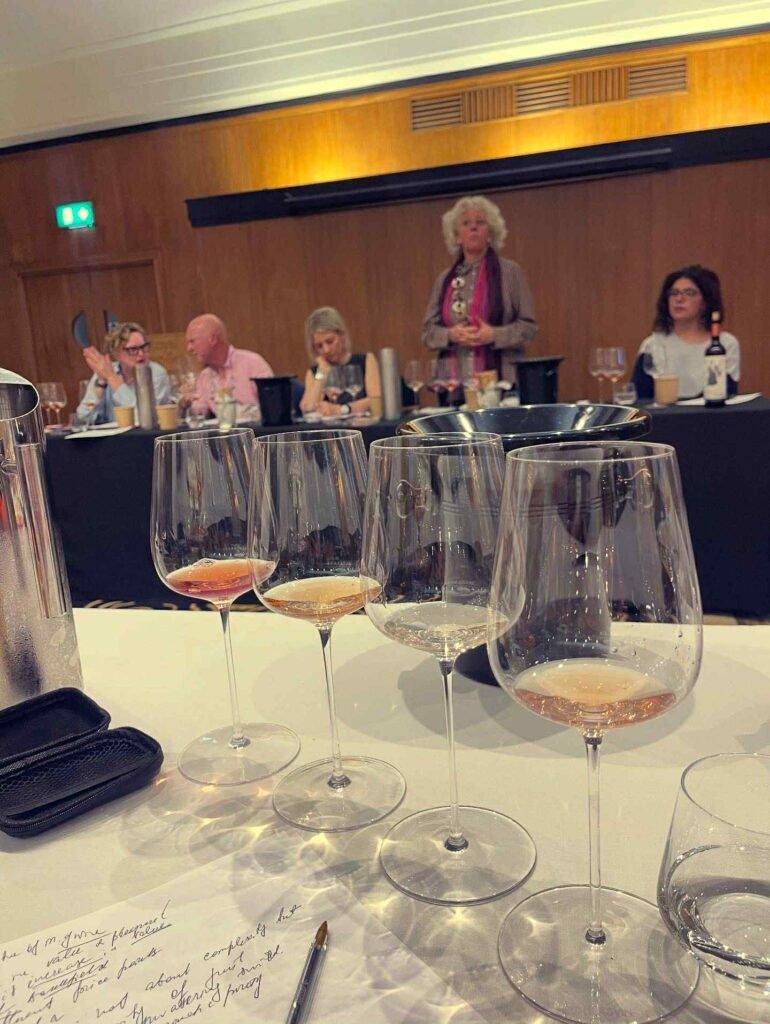
Economics of Fine Rosé
Fine wine is not just about taste; it’s about trust. Collectors and sommeliers invest in bottles they believe will appreciate complexity and value. For rosé, that ecosystem barely exists.
“Fine wine and secondary-market wine aren’t identical,” noted Vicard. “But credibility still matters. Producers can’t afford to wait if no one is willing to pay for patience.”
The panel discussed potential solutions:
- Collective branding: Regions or producer groups could communicate the concept of “serious rosé” more clearly, much as Champagne did with prestige cuvées.
- Diversified release strategies: Some rosés could be held and released later at higher prices, while entry-level wines maintain cash flow.
- Education and archiving: Critics, MWs, and sommeliers must start cellaring rosés and documenting their evolution. Without data, perception will not change.
As Bampfield put it: “Margin creates quality. The more margin producers have, the more time they can give their wines.”
Technical Pathways to Longevity
From a winemaking perspective, age-worthy rosé relies on three structural pillars:
- Acid backbone – often from altitude or early harvest.
- Phenolic texture – achieved through skin contact or barrel maturation.
- Controlled oxidation – managing oxygen to build stability and complexity.
Oak, once controversial in rosé, has become a key tool. “If used judiciously,” said Palmer, “it gives shape without heaviness, and protects the wine for ageing.” Similarly, lees stirring and micro-oxygenation can increase oxidation resistance while adding depth.
The tasting revealed that colour evolution is not a fault but a natural phase. Pale salmon becomes onion-skin, then copper and amber – paralleling the golden hues of mature white Burgundy. “We have to stop equating freshness with pallor,” said Gabay. “Maturity has its own beauty.”
Cultural and Psychological Barriers
Despite technical feasibility, perception remains the most formidable barrier. The industry has trained consumers to associate rosé with youth, femininity and leisure. “Fine” implies gravitas, contemplation, and often masculinity. Changing that narrative will take time.
“Rosé suffers from a branding paradox,” said Vicard. “Its success as a lifestyle wine has made it difficult to be taken seriously. But that also means it has already captured hearts – the next step is to capture minds.”
There are parallels with the history of white Burgundy and sparkling wine. Both categories were once dismissed as secondary to reds until time and collective effort changed perception. The same could happen for rosé – if producers and communicators act together.
Signs of Change
Encouragingly, there are already movements toward maturity. Top Provence, Bandol, and Spain estates release library vintages to demonstrate ageing potential. Sommeliers organise “vertical rosé” tastings in London, New York and Tokyo. Wine education programs, including Capstone California and ARENI Global workshops, now include modules on serious rosé.
At the 2025 London Wine Fair, rosé was featured not as a summer novelty but as a core part of sustainability and fine-wine discussions. The Pink Rosé Symposium hosted masterclasses on soil, phenolic ripeness and barrel trials – terms once reserved for reds and whites.
Even the trade is catching up. Fine-wine platforms like Liv-ex are beginning to list small allocations of prestige rosés such as Garrus, Clos Cibonne, or Château Pibarnon Nuances. The quantities are symbolic, but the signal is strong: rosé is entering the conversation.
Toward a New Definition of Fine Rosé
So, can rosé be a fine wine? As the London tasting proved, the answer is unequivocally yes – but only when judged by the right metrics. Delicate rosé is not an imitation of fine red or white. It’s a distinct category built on transparency, freshness, and time.
Fine rosé does not chase longevity for its own sake; it seeks expression through evolution. Its beauty lies in subtlety – how fruit turns to spice, brightness to savour, youth to wisdom. As Gabay summed up: “Maybe rosé doesn’t need to imitate anyone. It can be fine on its own terms.”
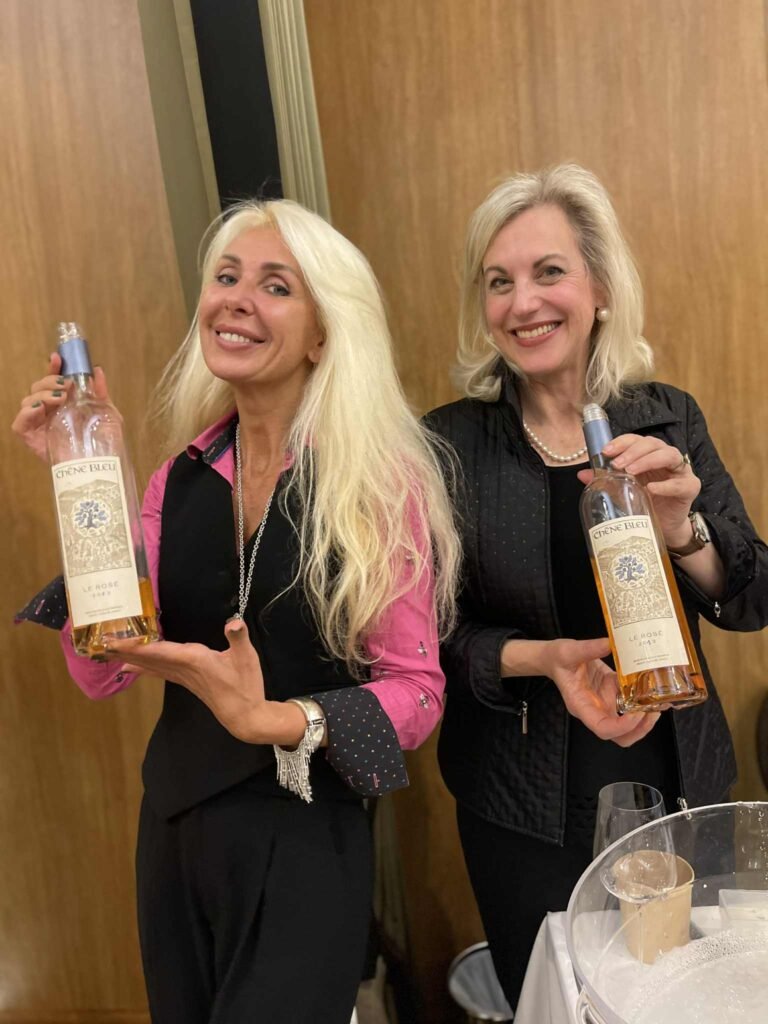
Conclusion: Patience, Place, and Purpose
The evolution of rosé mirrors the evolution of wine culture itself – from instant gratification toward reflection and respect. To treat rosé seriously is to acknowledge that colour is not destiny.
Age-worthy rosé already exists in the cellars of Bandol, in the limestone of Riceys, in the volcanic soils of Lebanon, and in the high vineyards of the Ventoux. What it lacks is collective belief.
The panel concluded that fine wine is not a formula but a mindset. It begins with intent, demands structure, and rewards patience. The same qualities apply to the rosé journey – a category finally coming of age.
⇒ Join our social networks ⇒ Optimistic D+ editors will take this as a compliment.
⇒ Every like is taken as a toast!
When a glass of pale rosé glimmers in the sun, it still evokes images of summer, sea breeze and effortless pleasure. But the conversation took a more radical turn at a recent roundtable led by Elizabeth Gabay MW, one of the world’s foremost rosé authorities. The question on the table was not how to make […]
